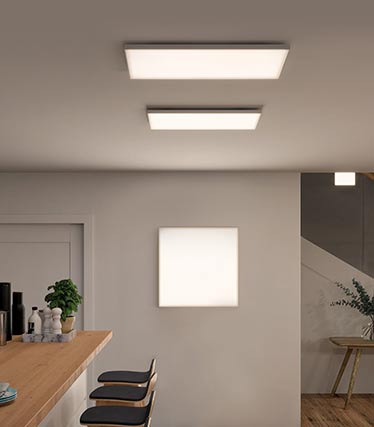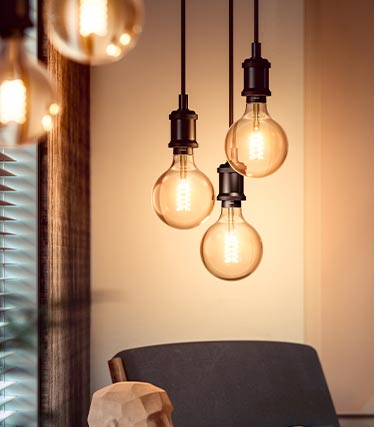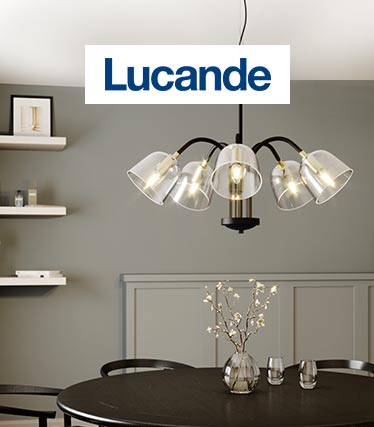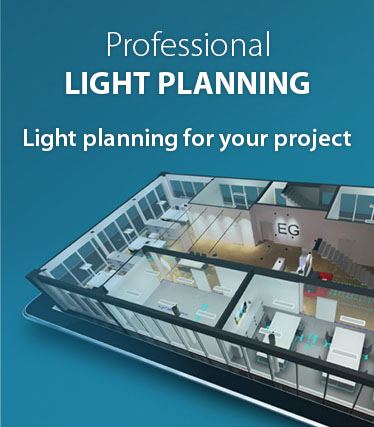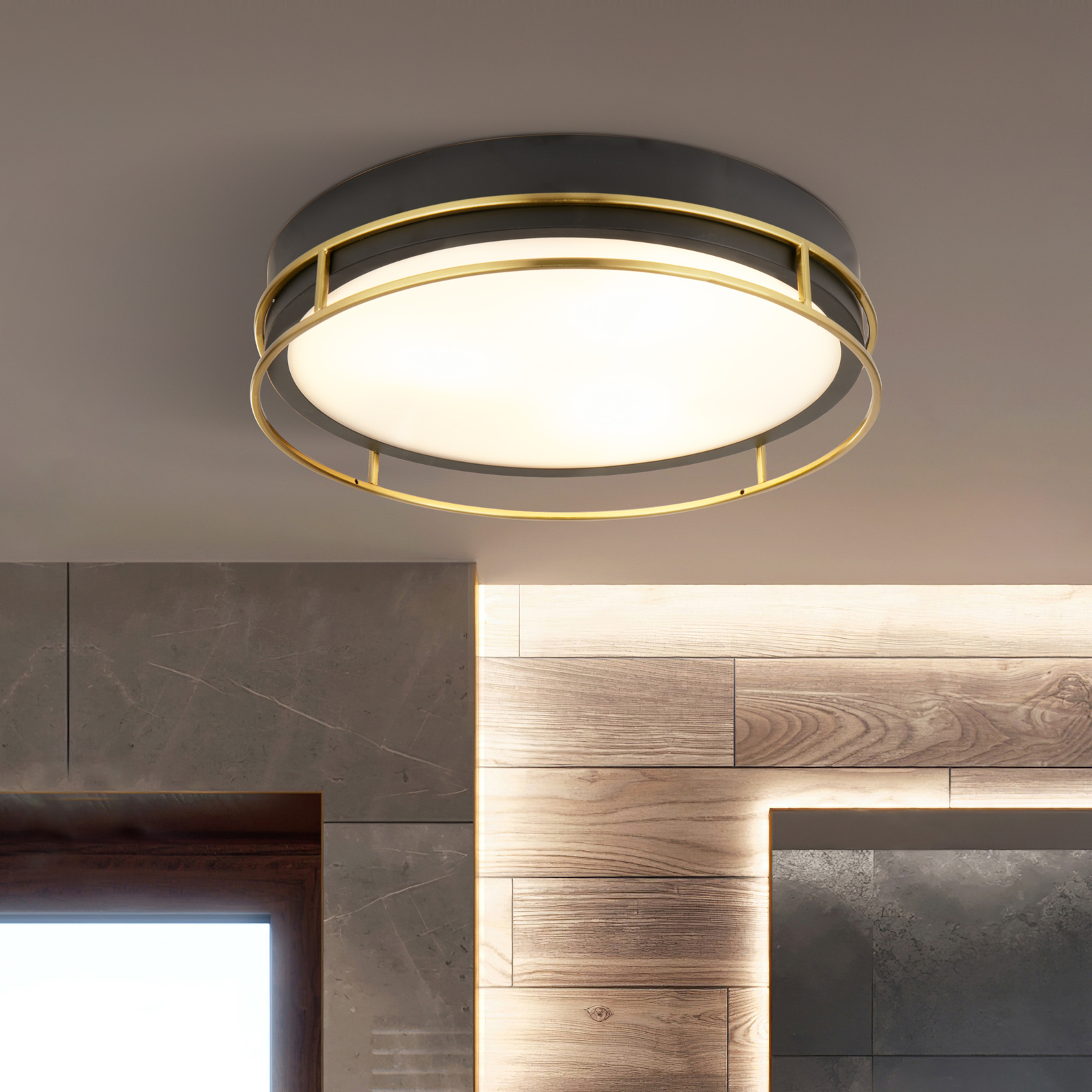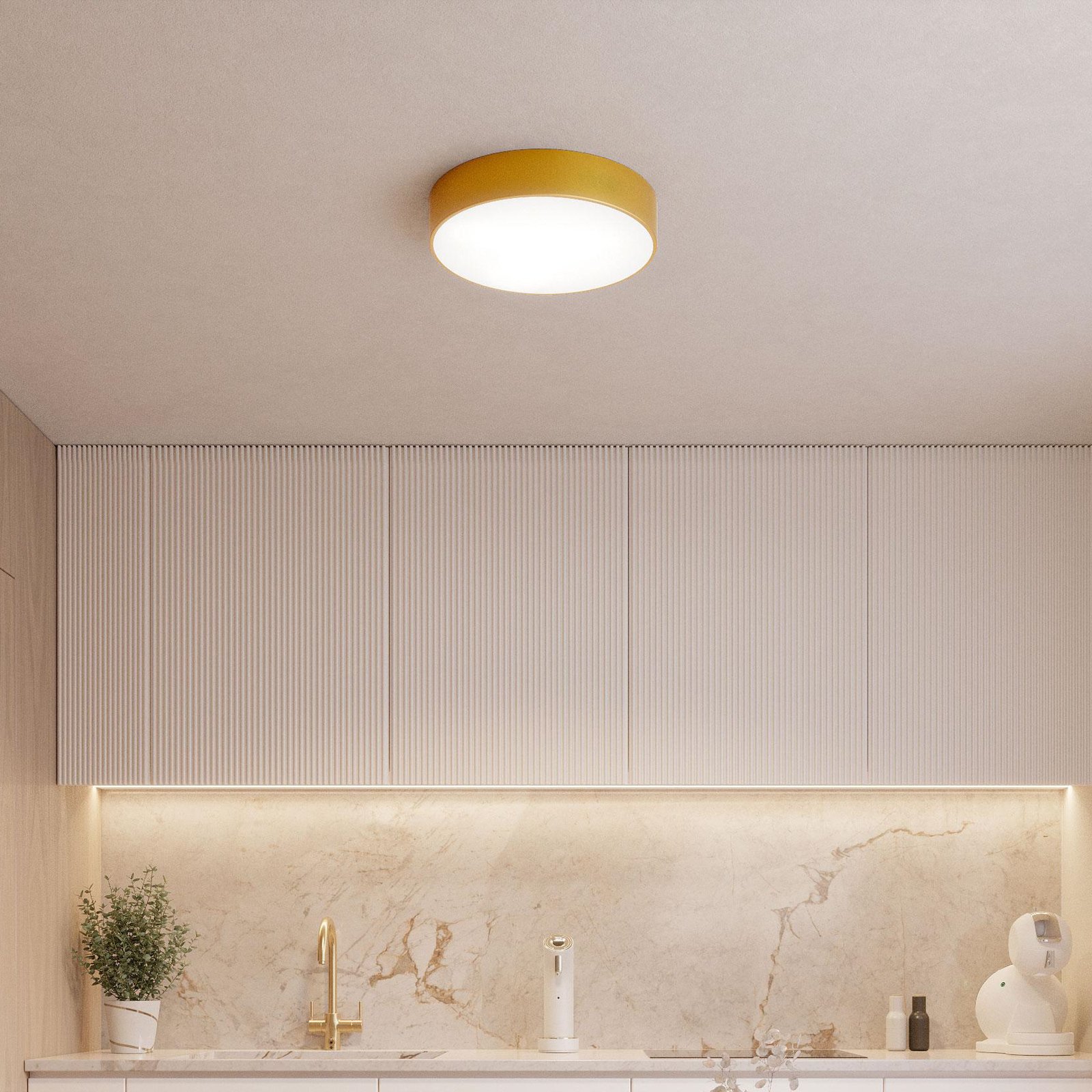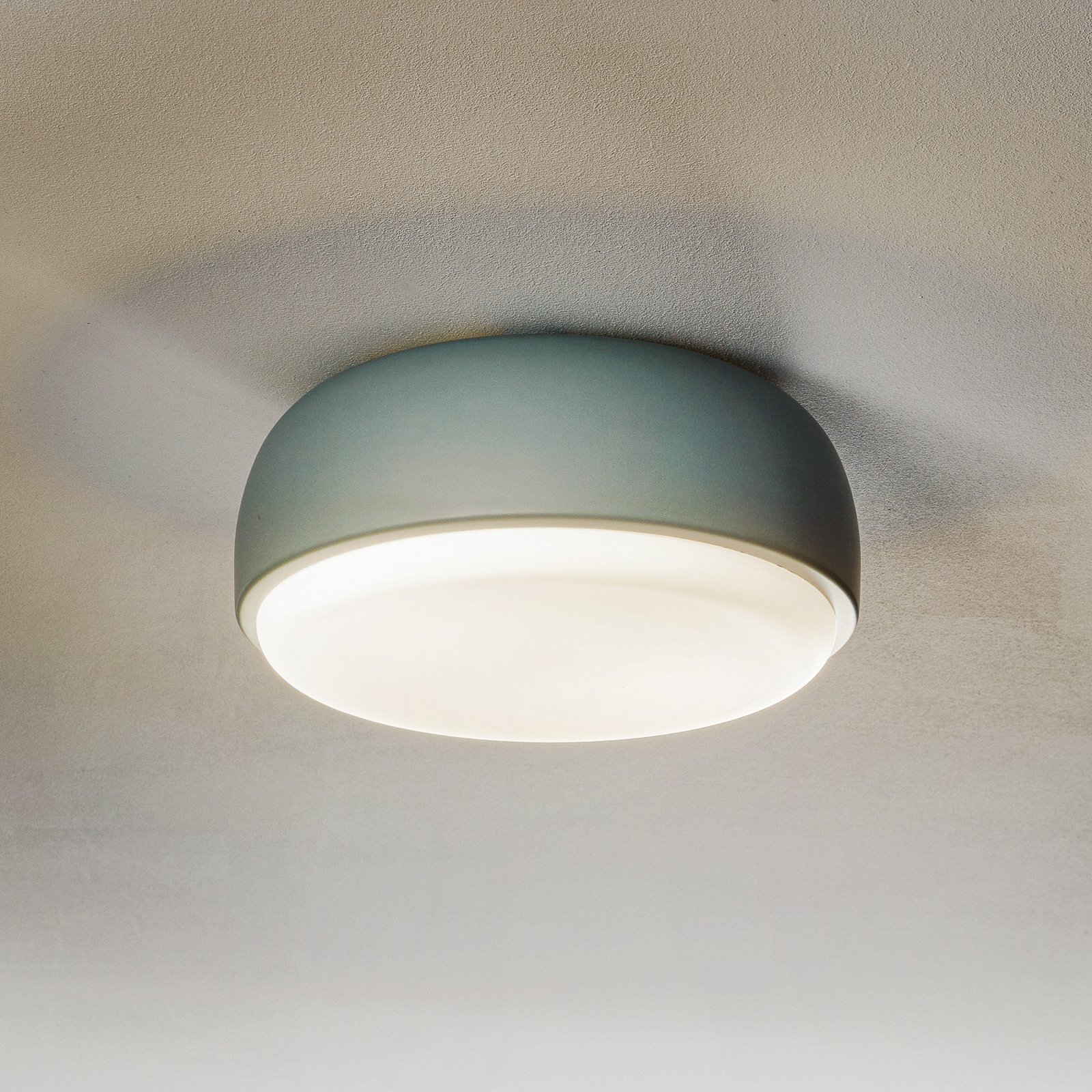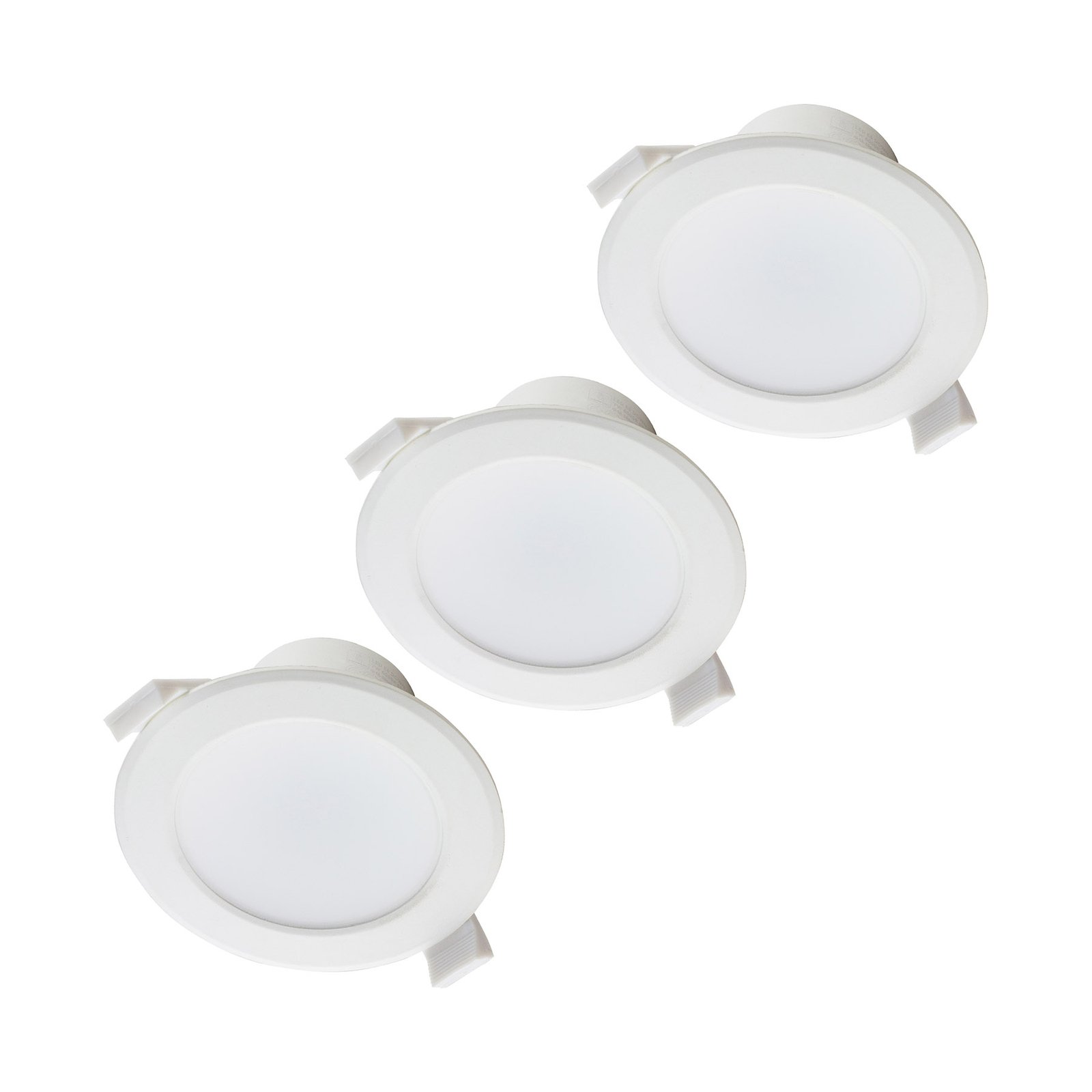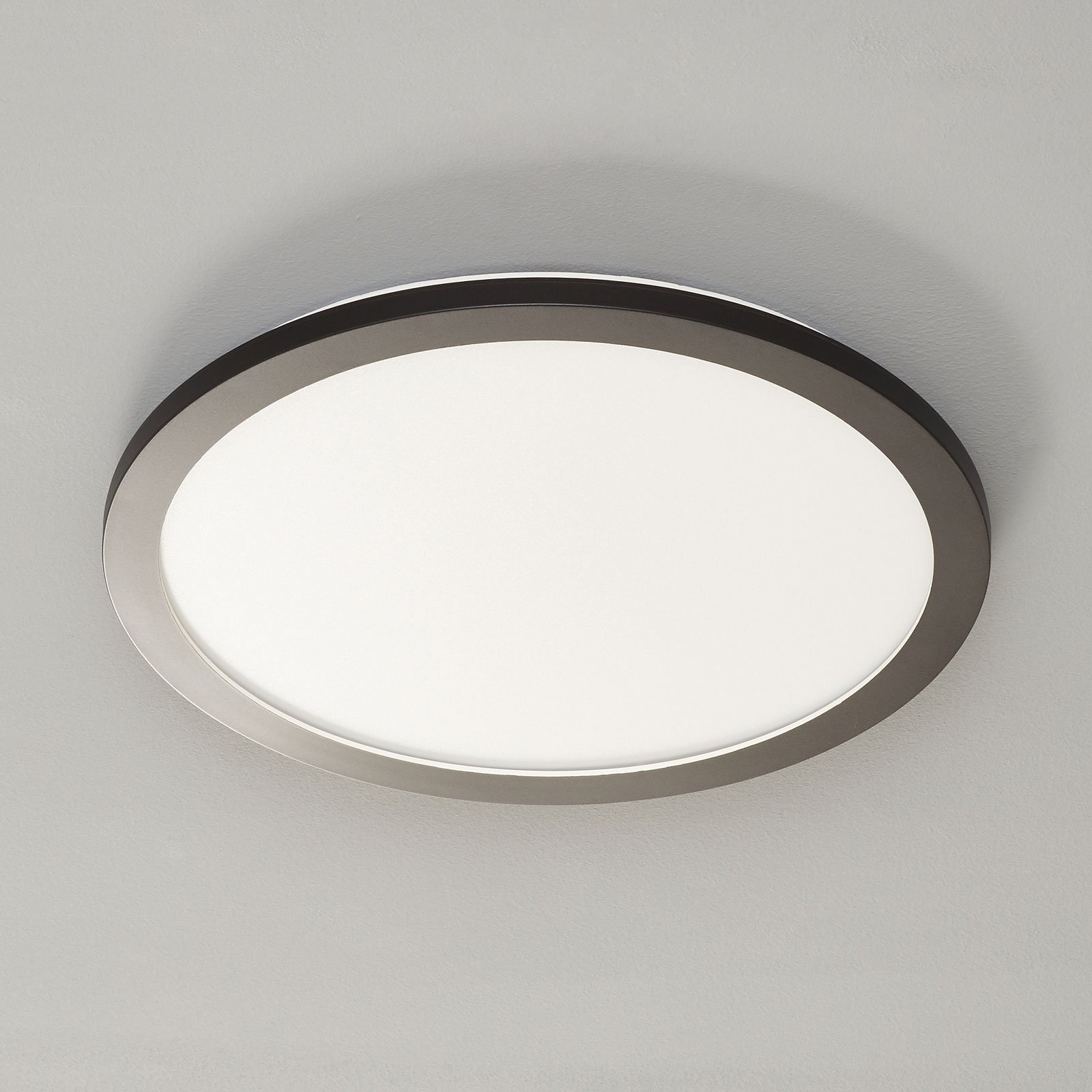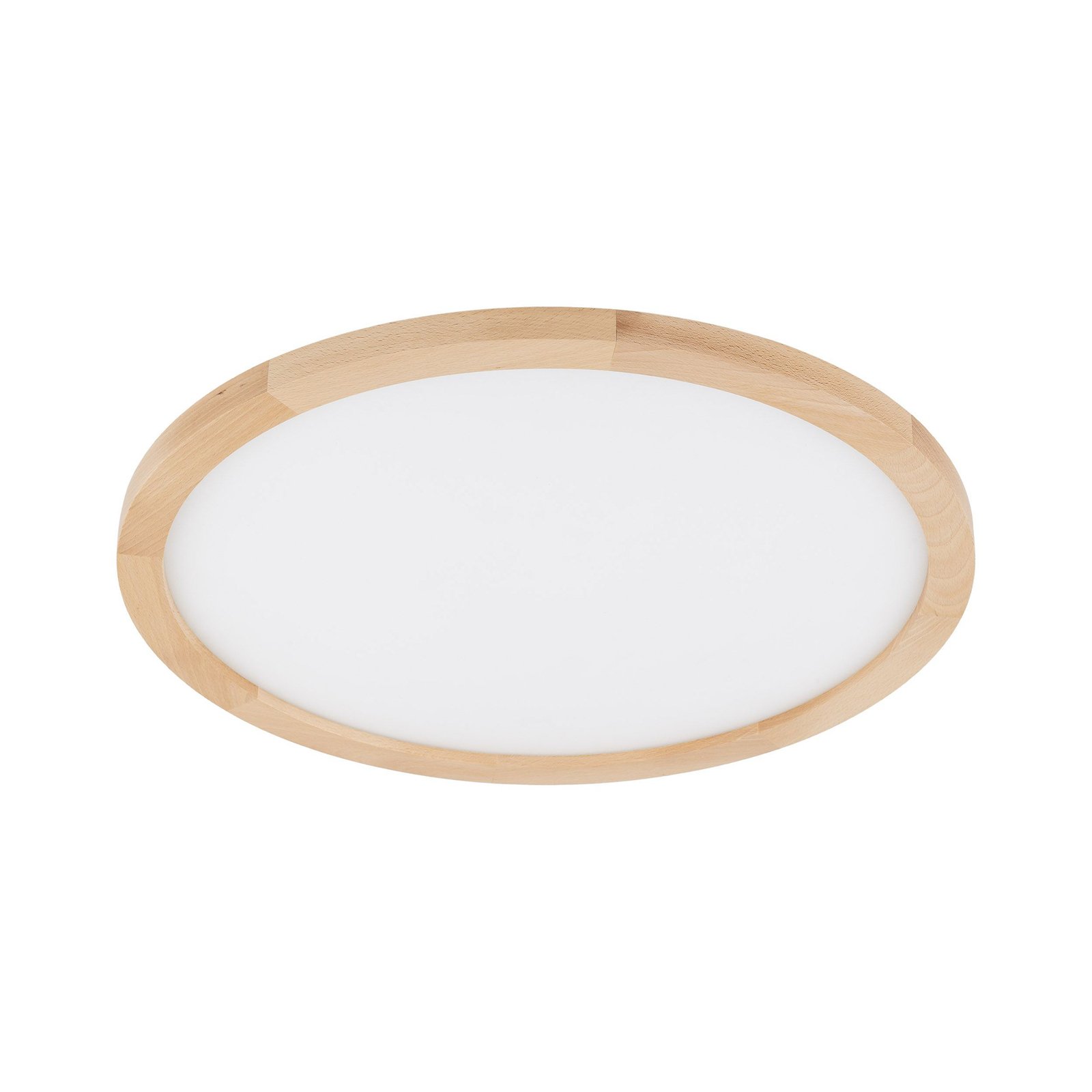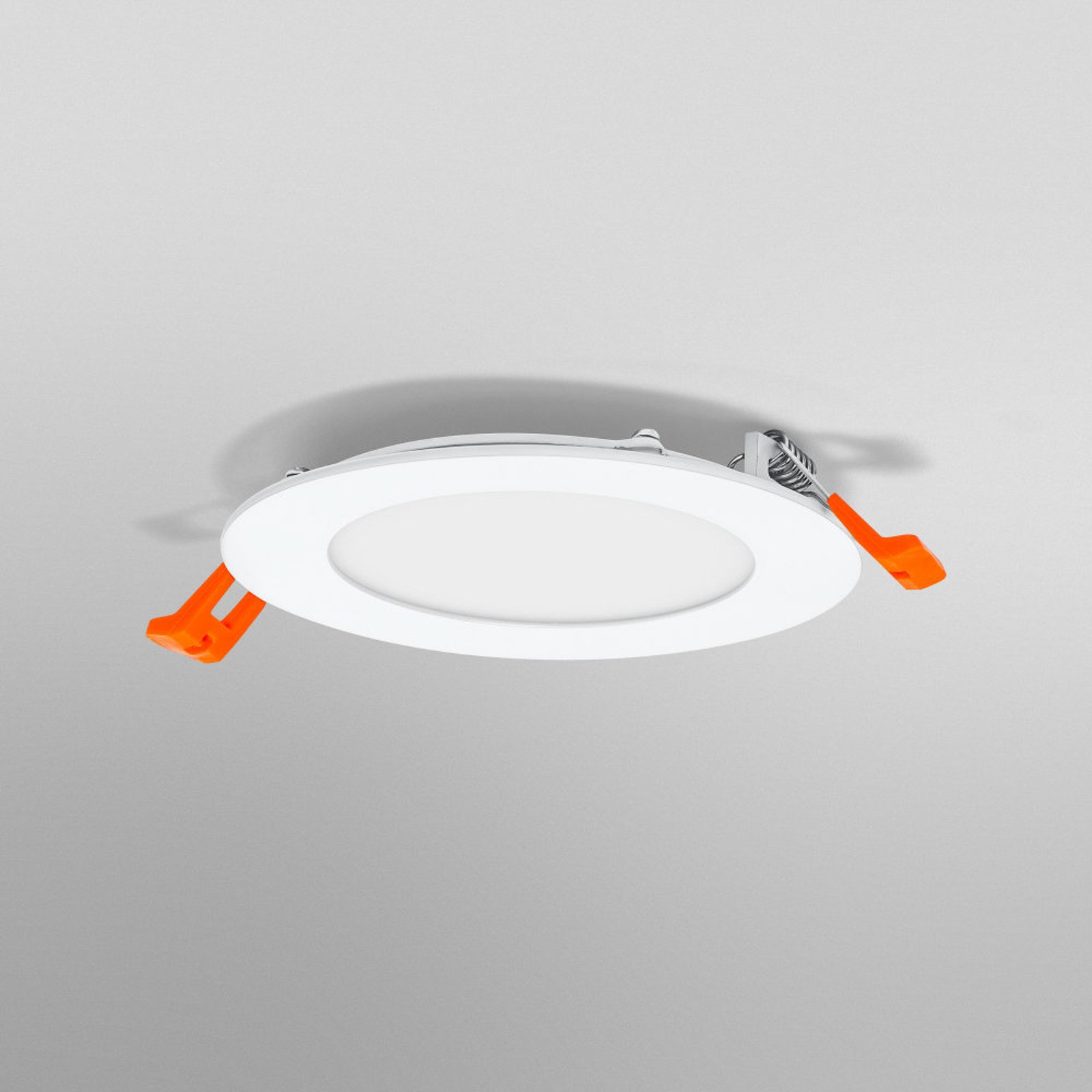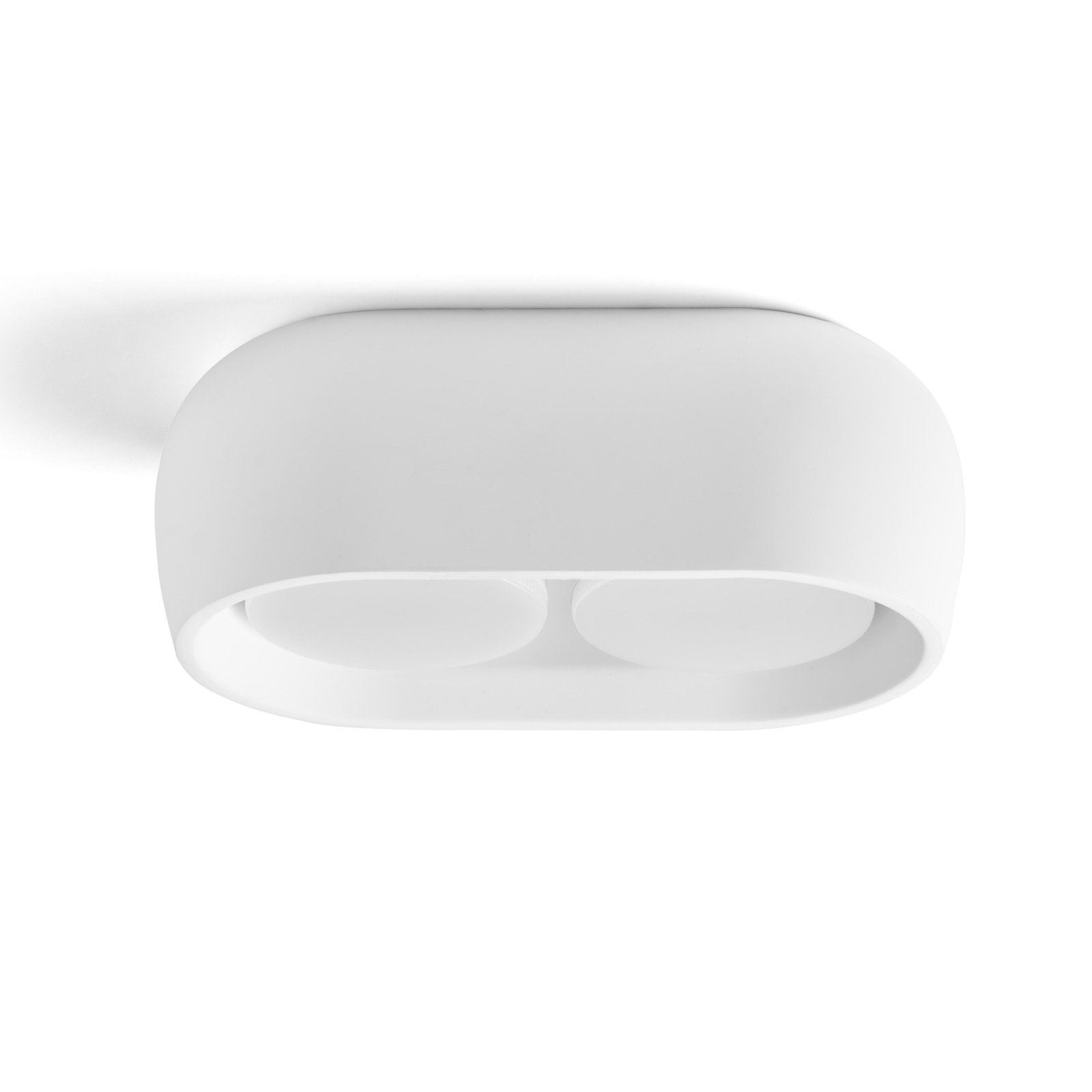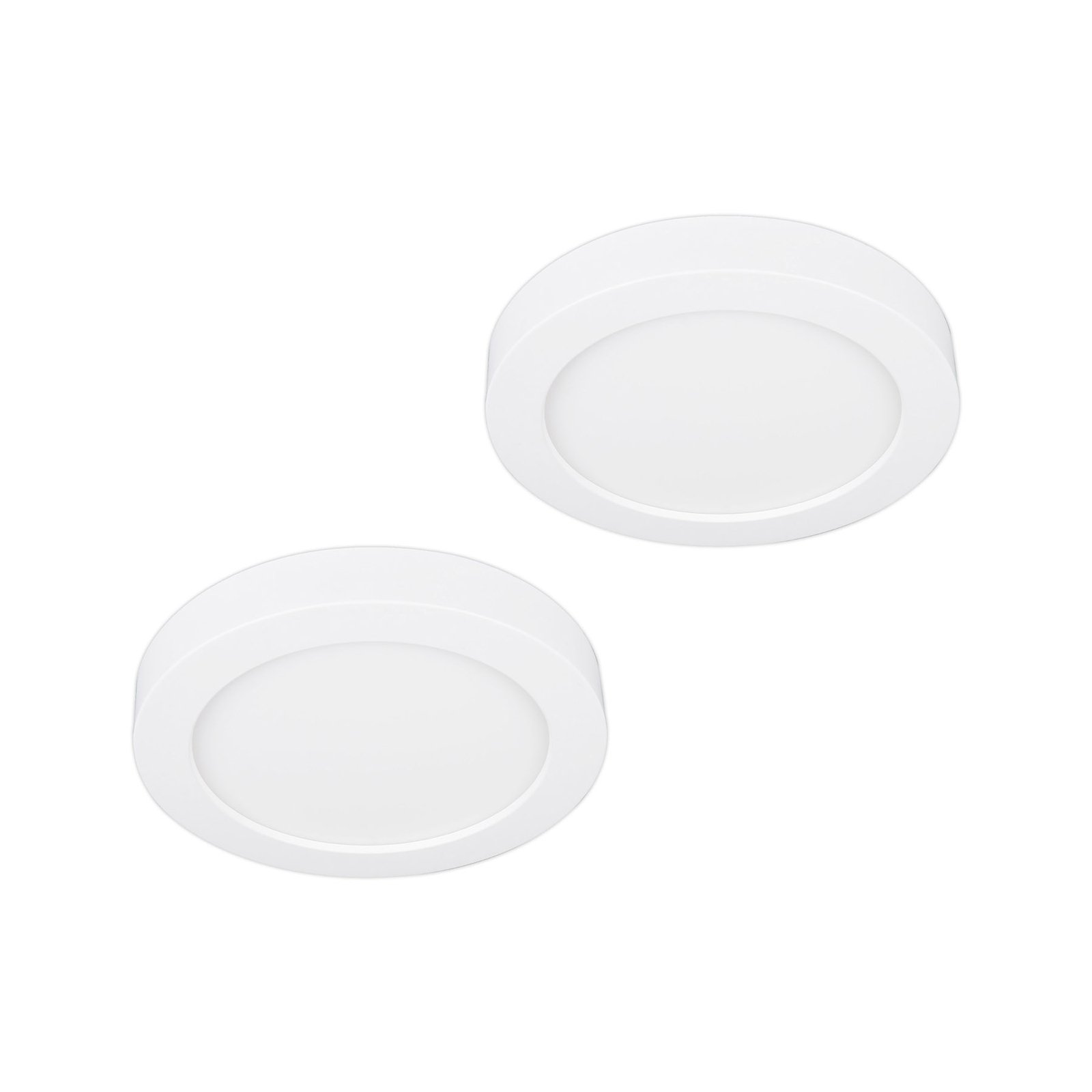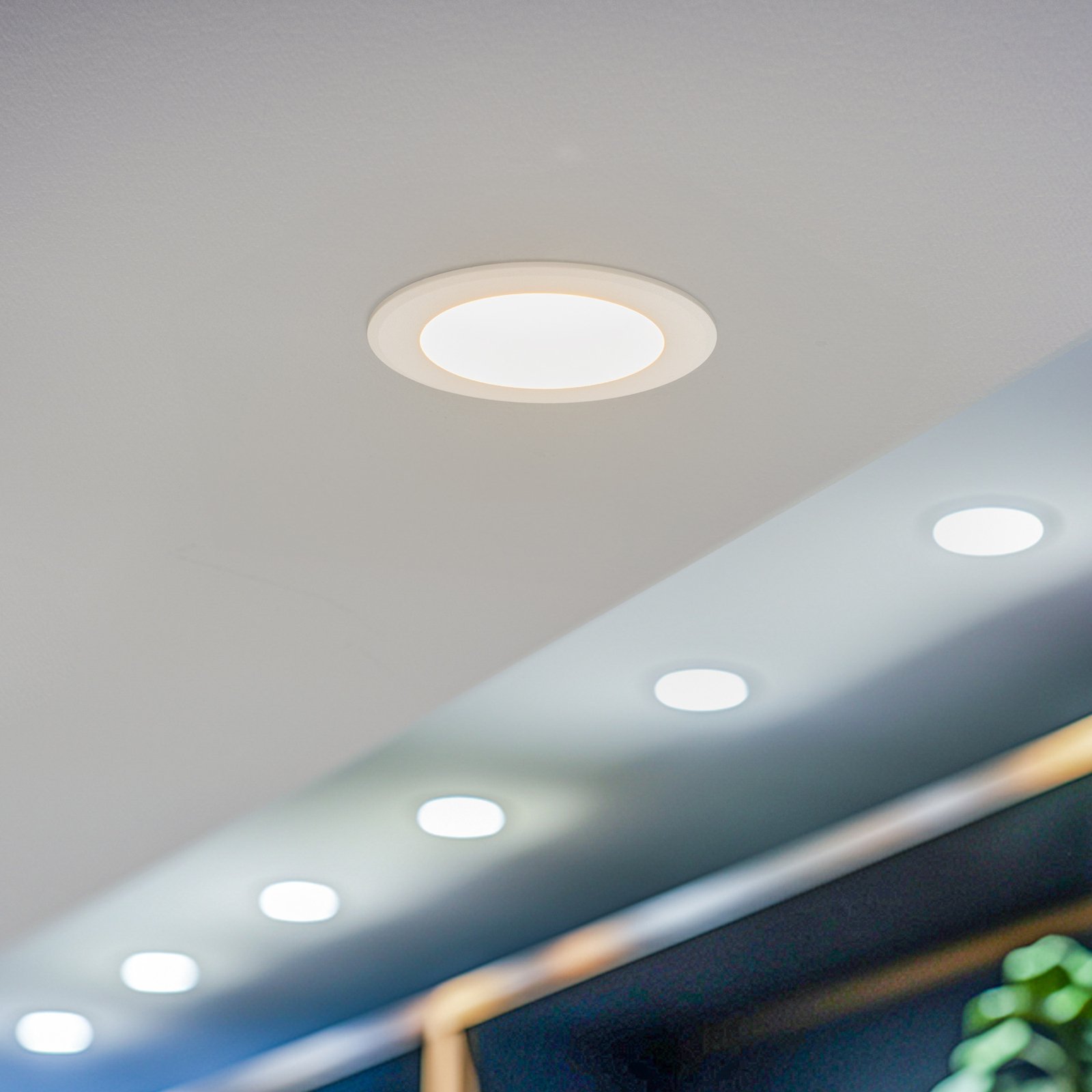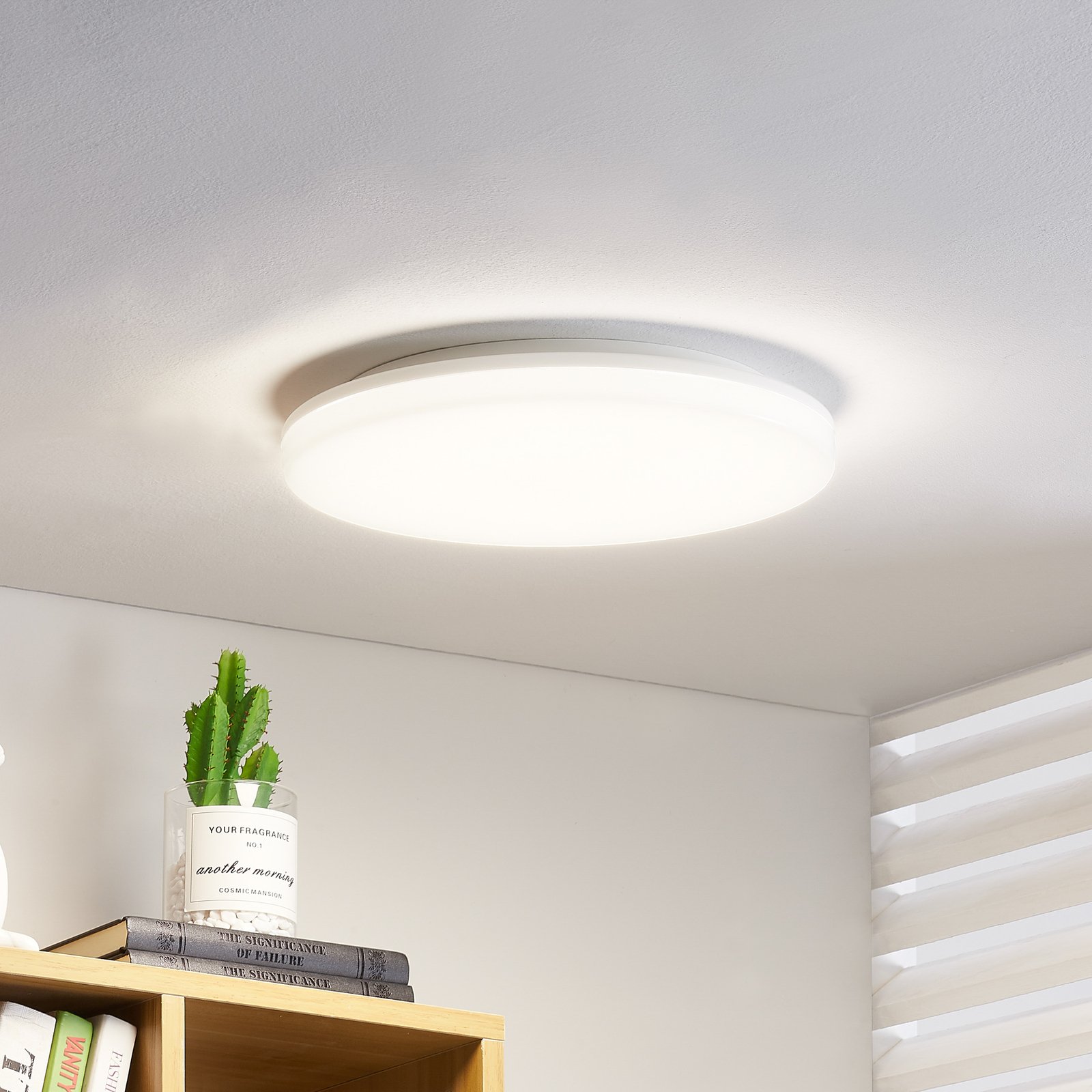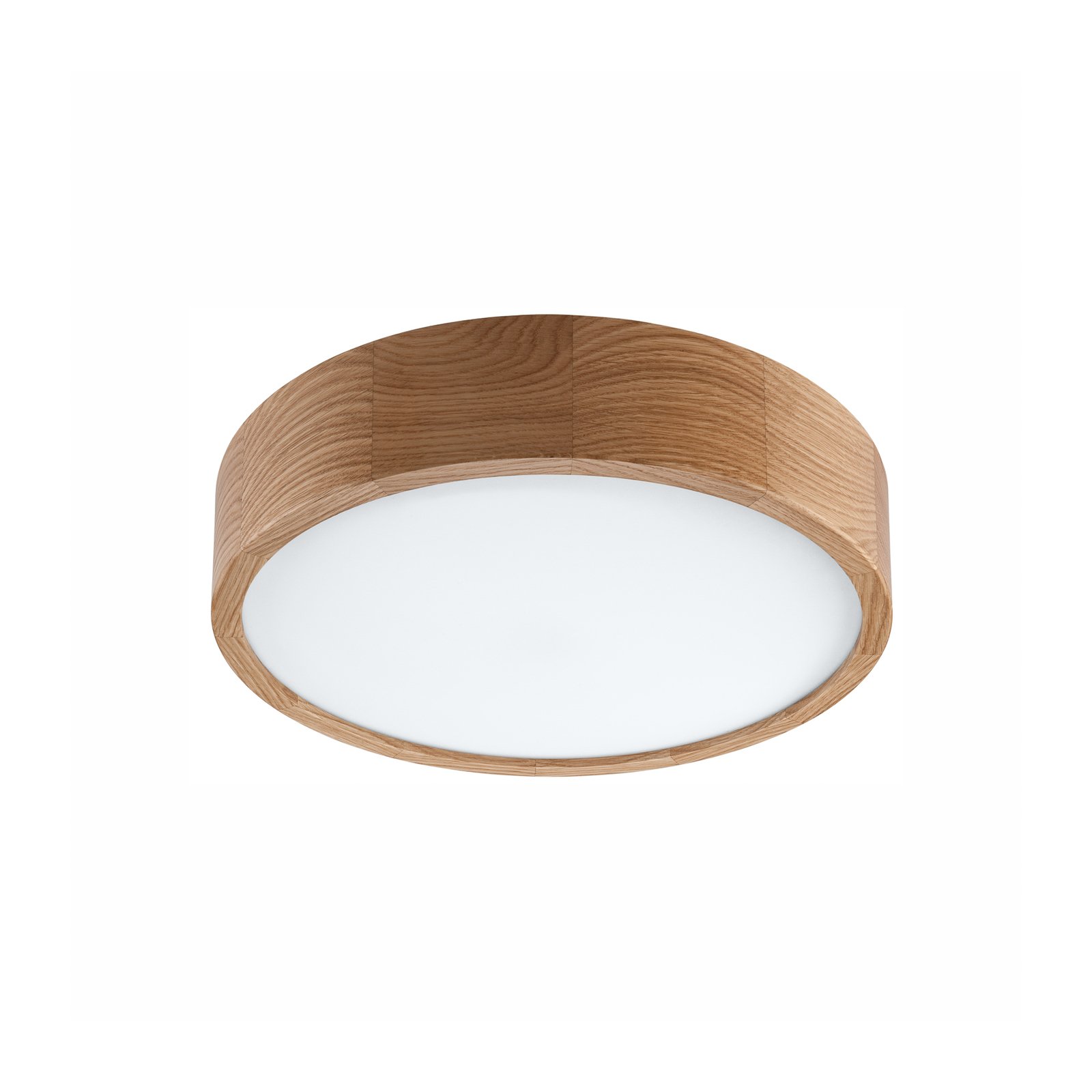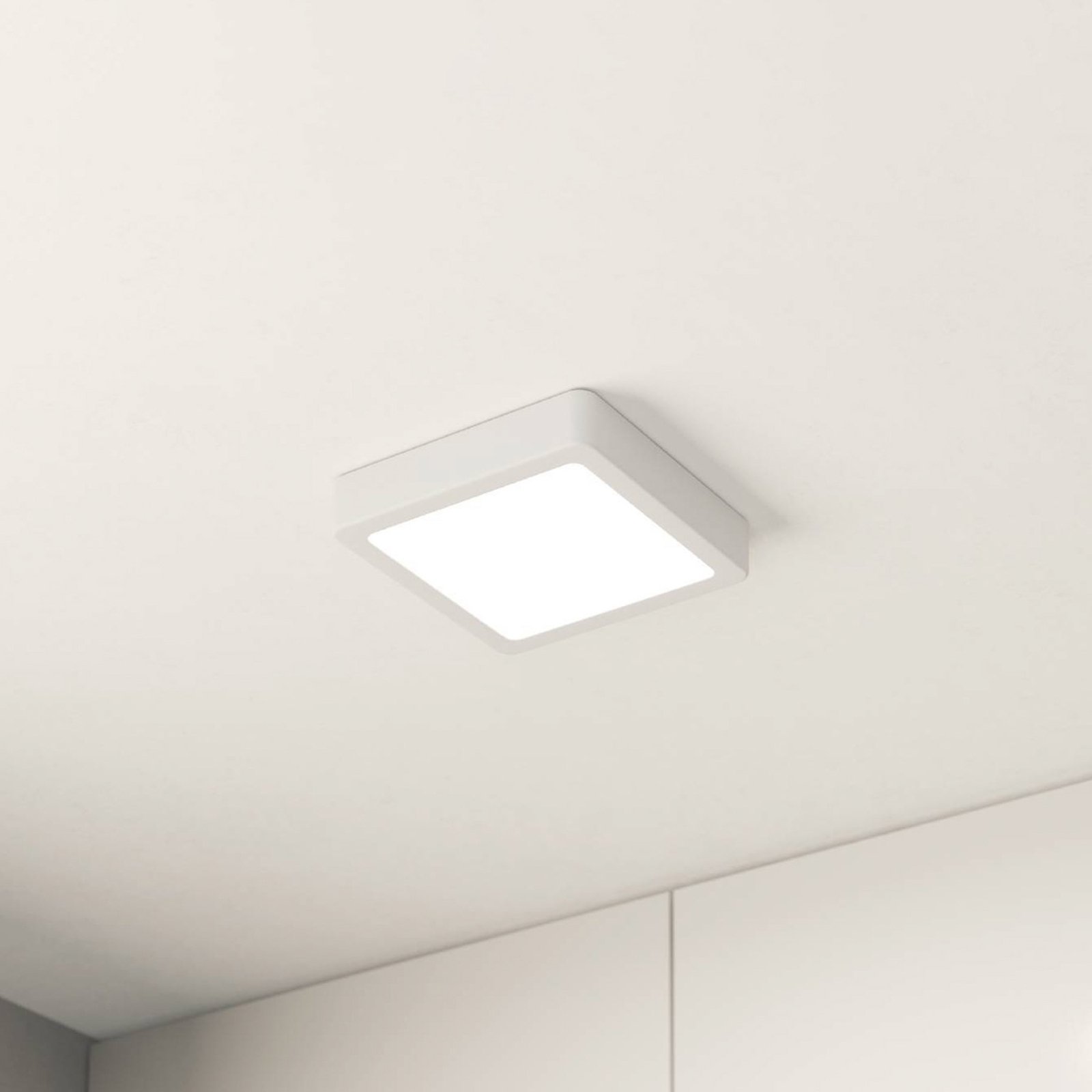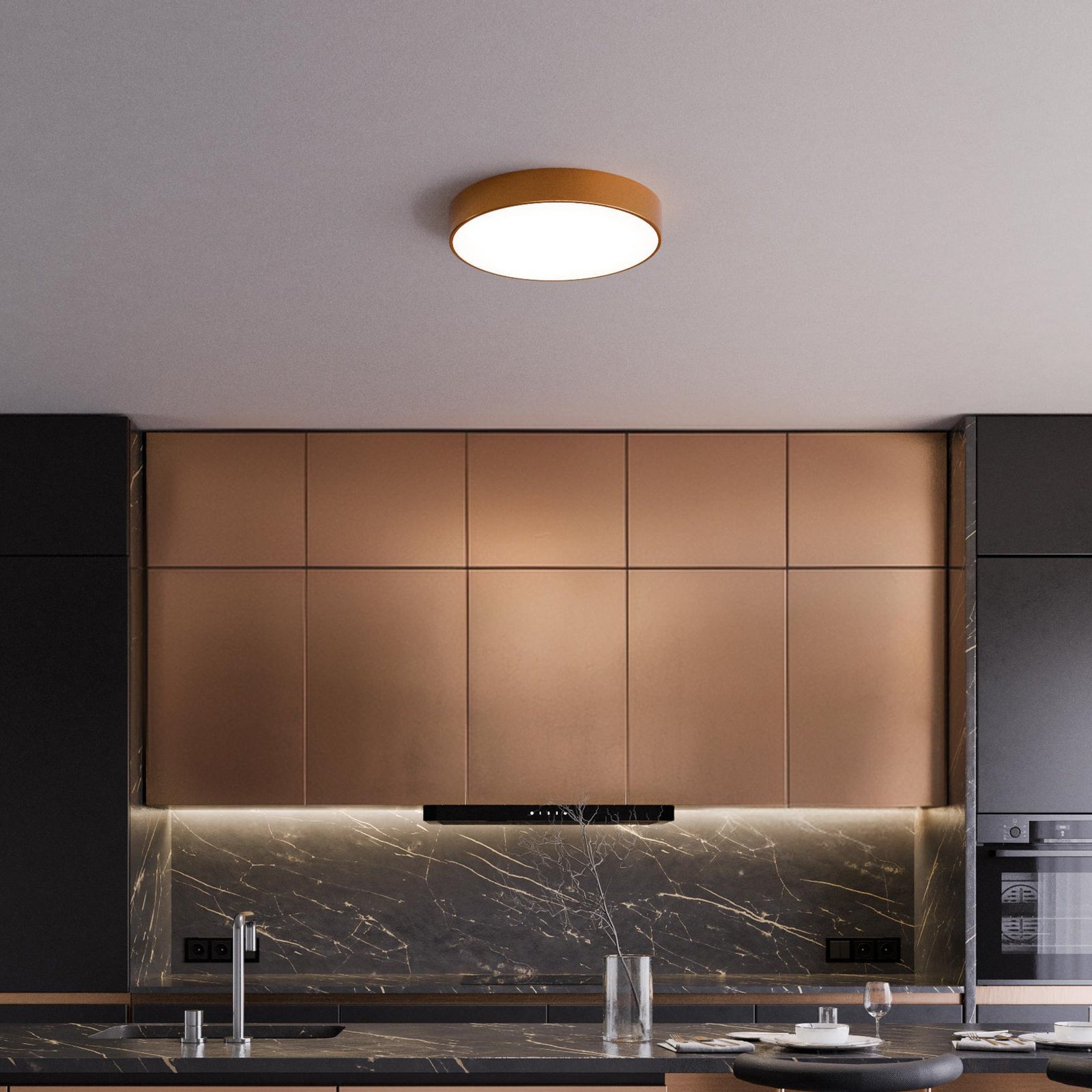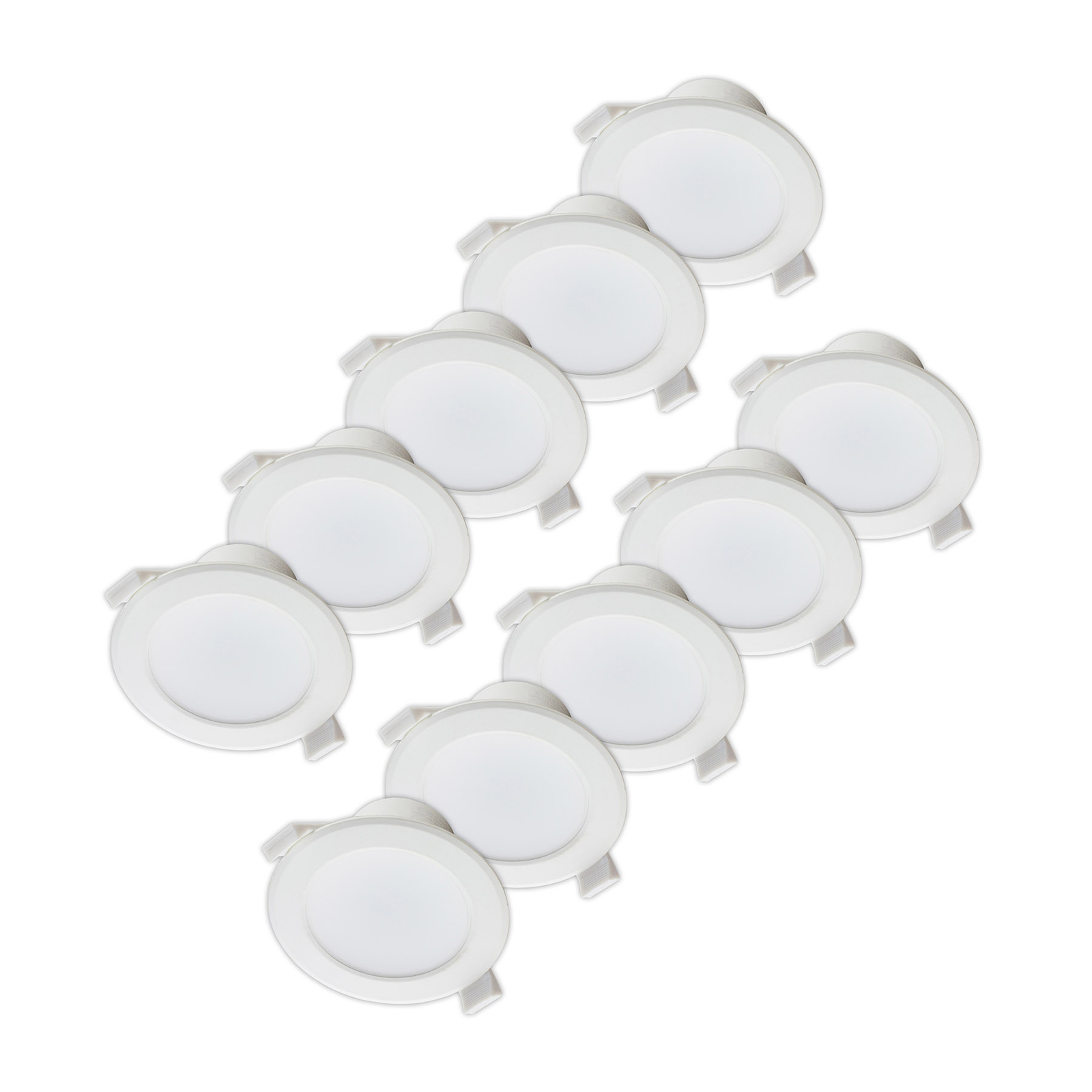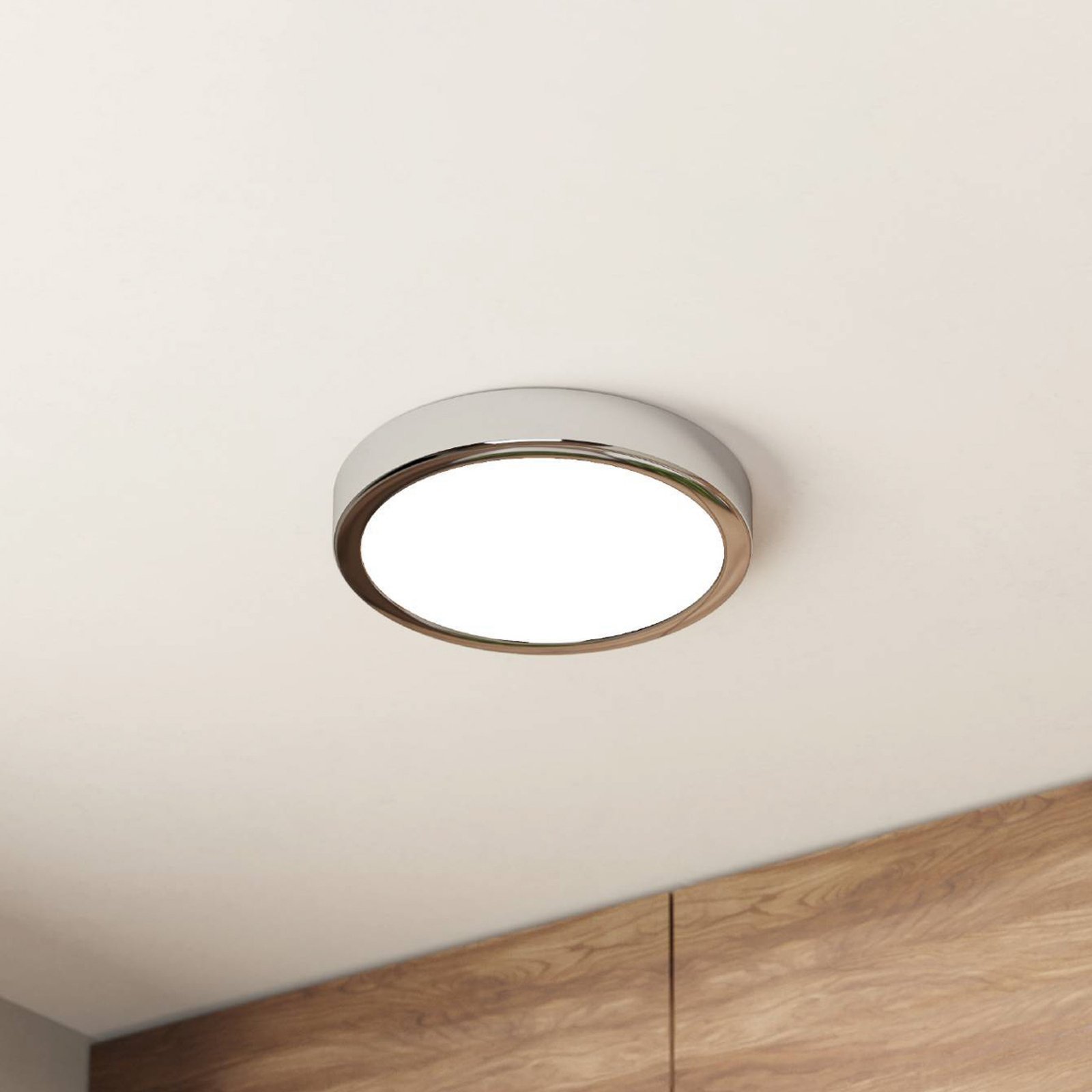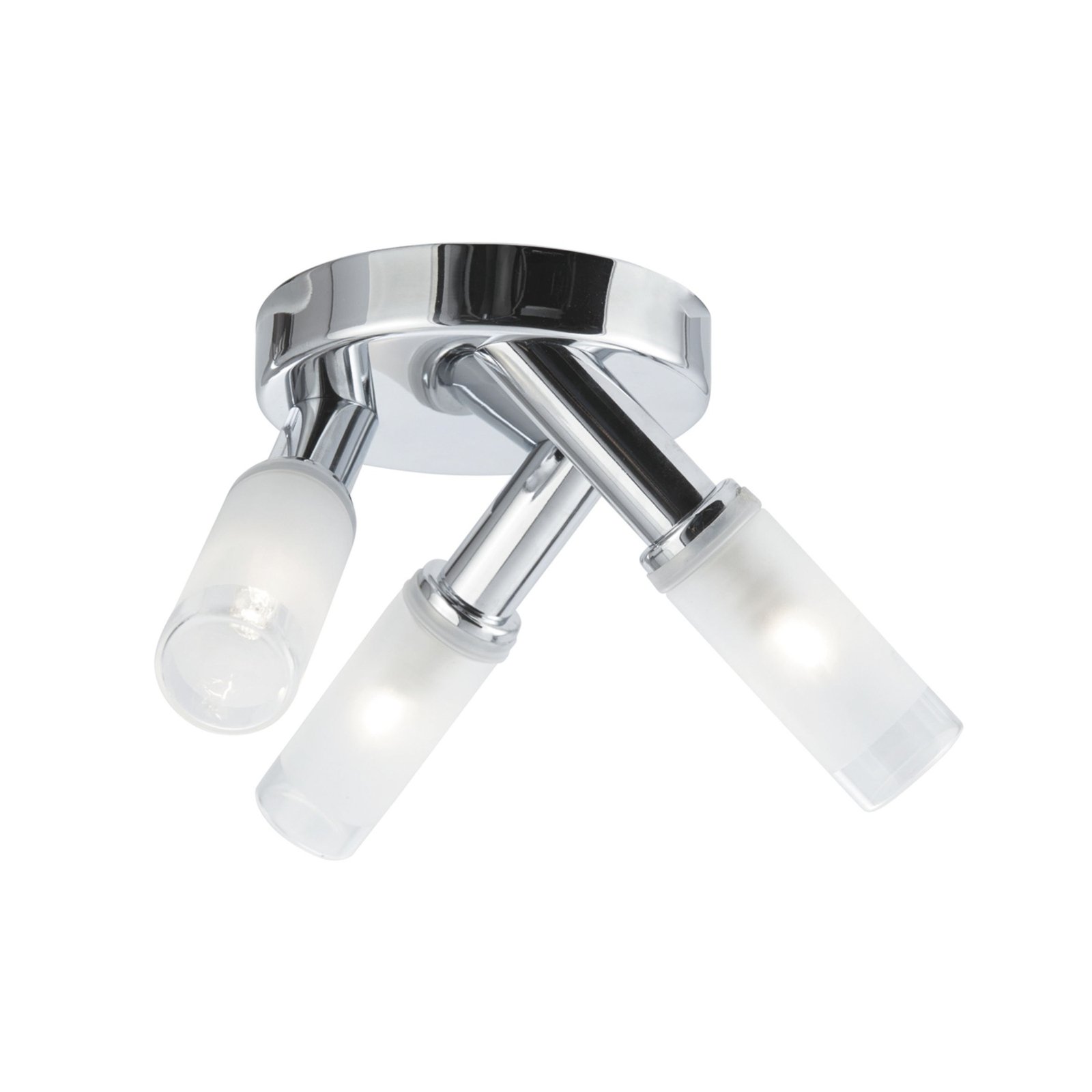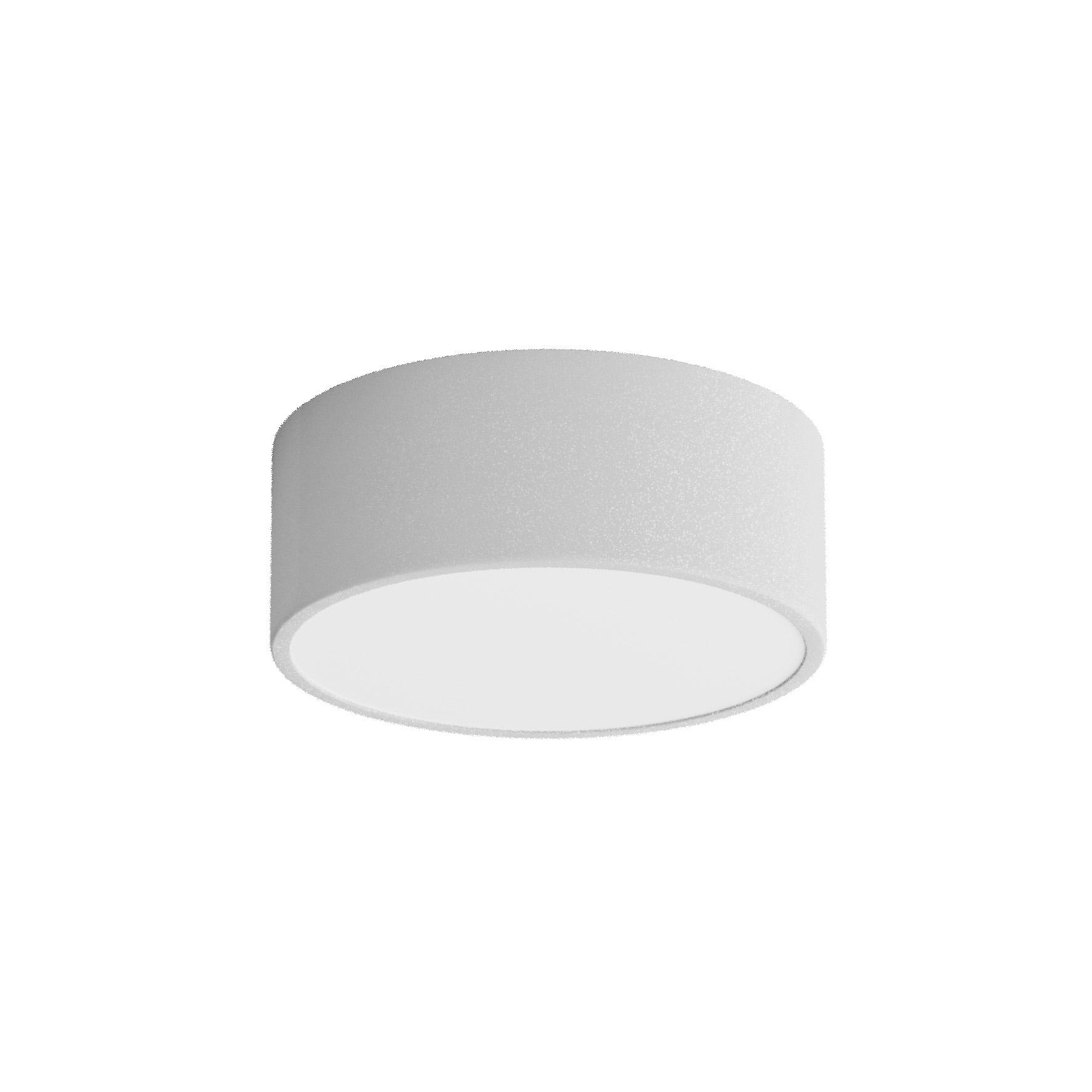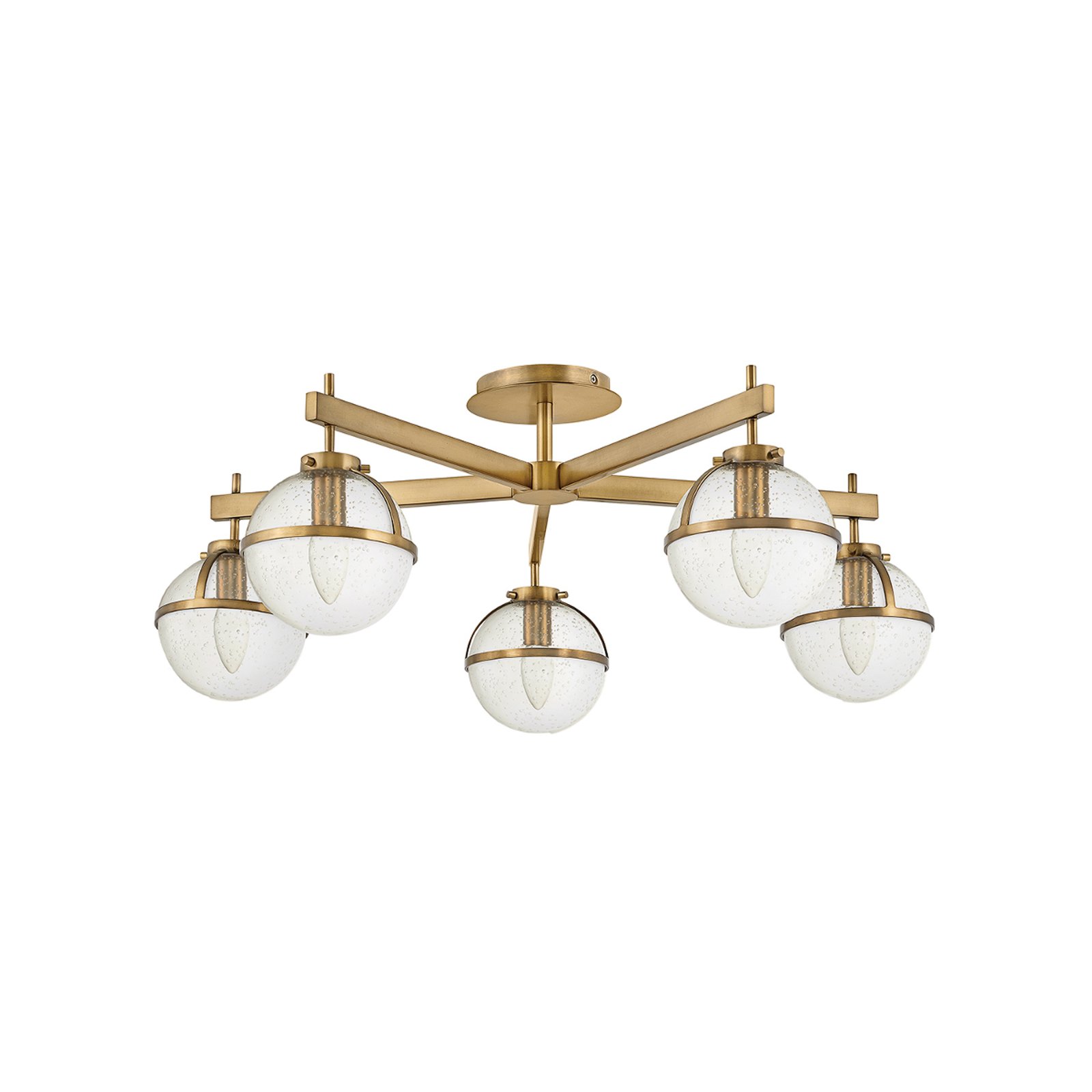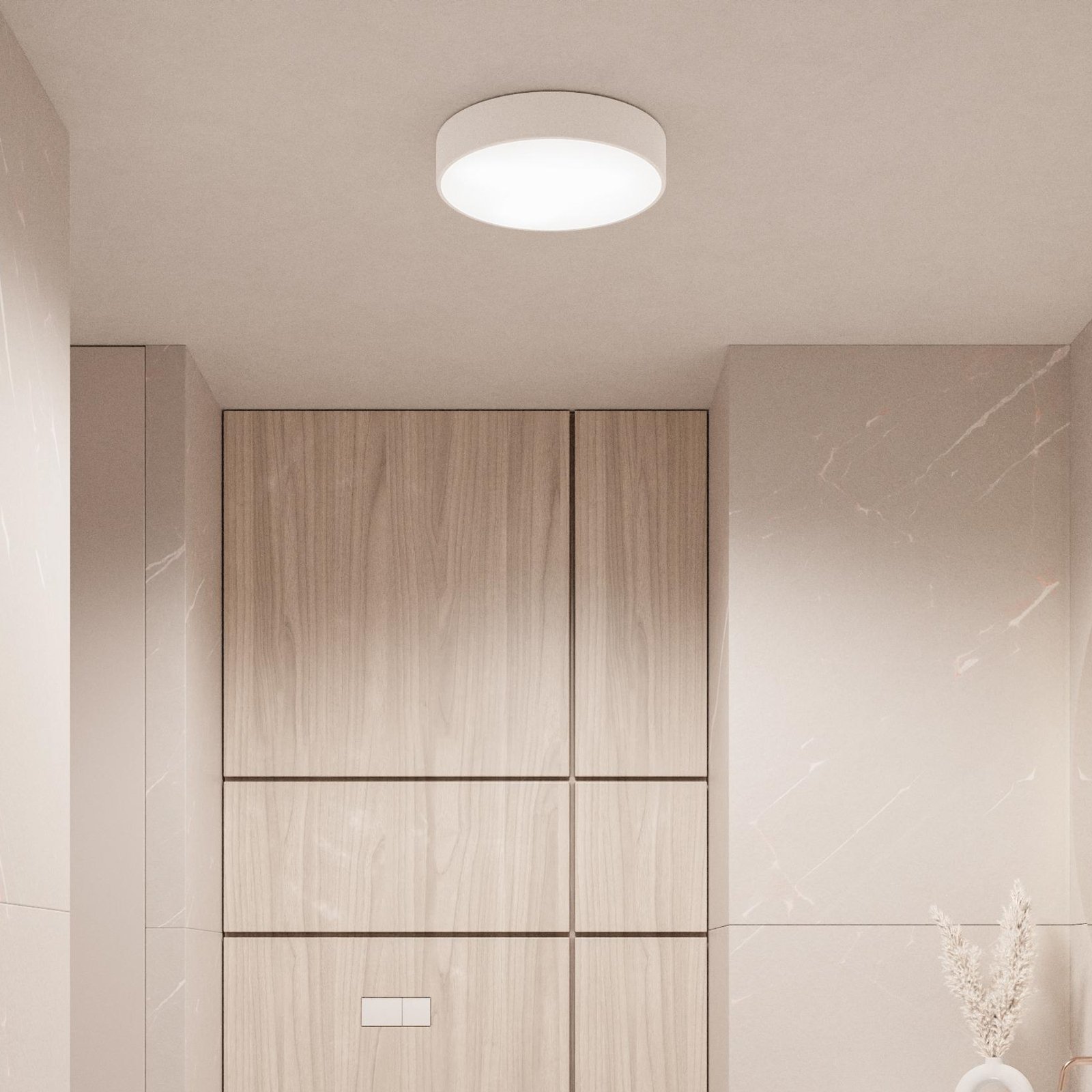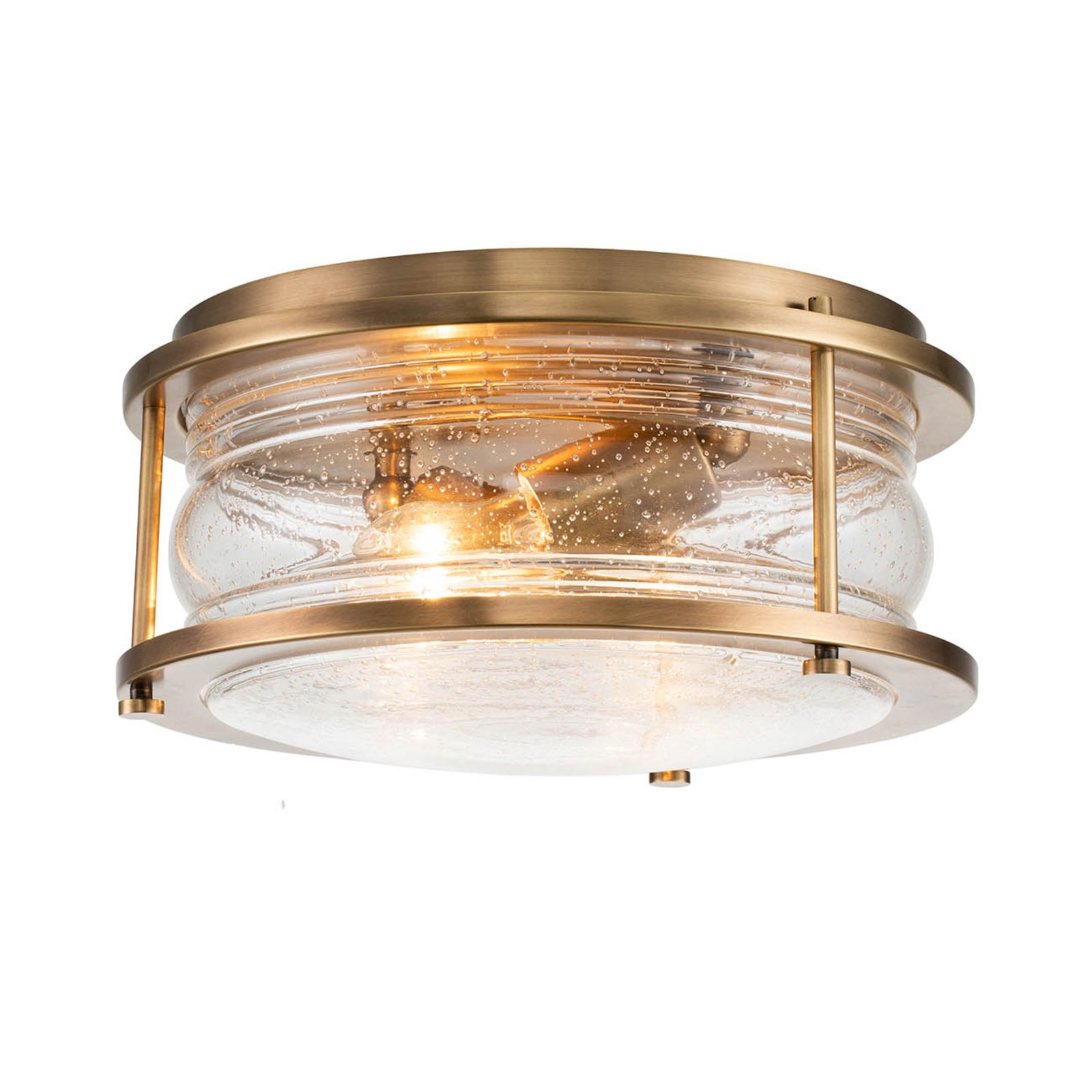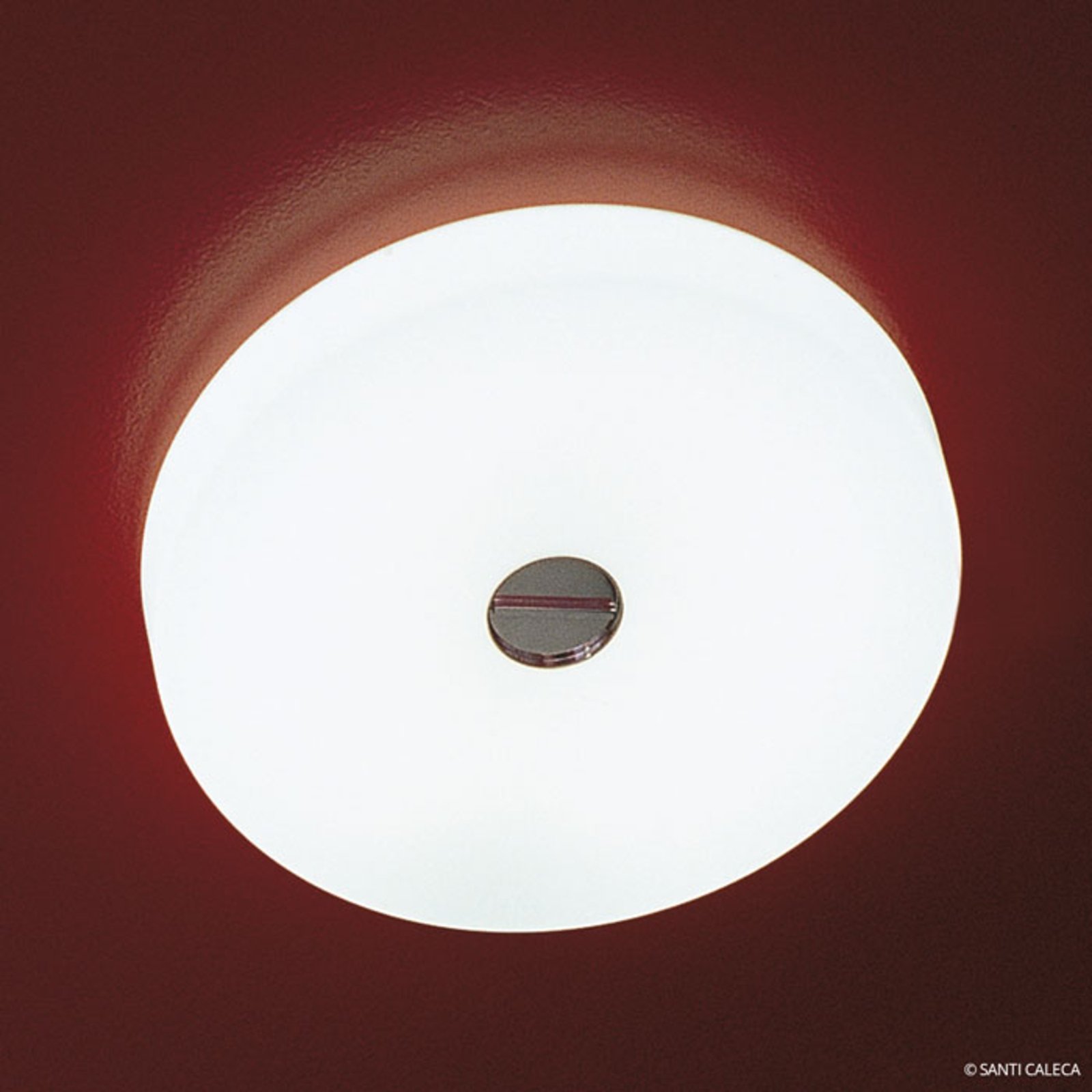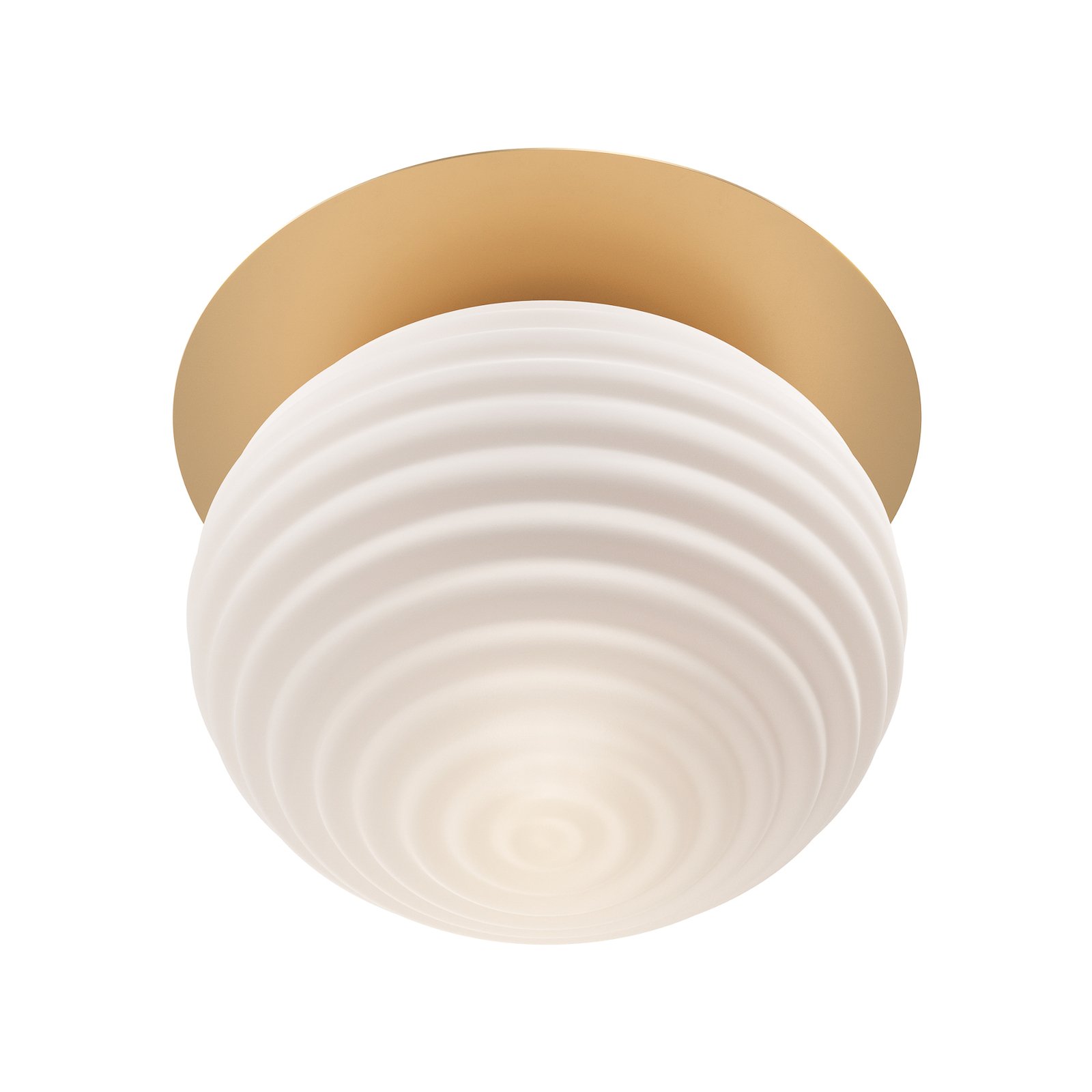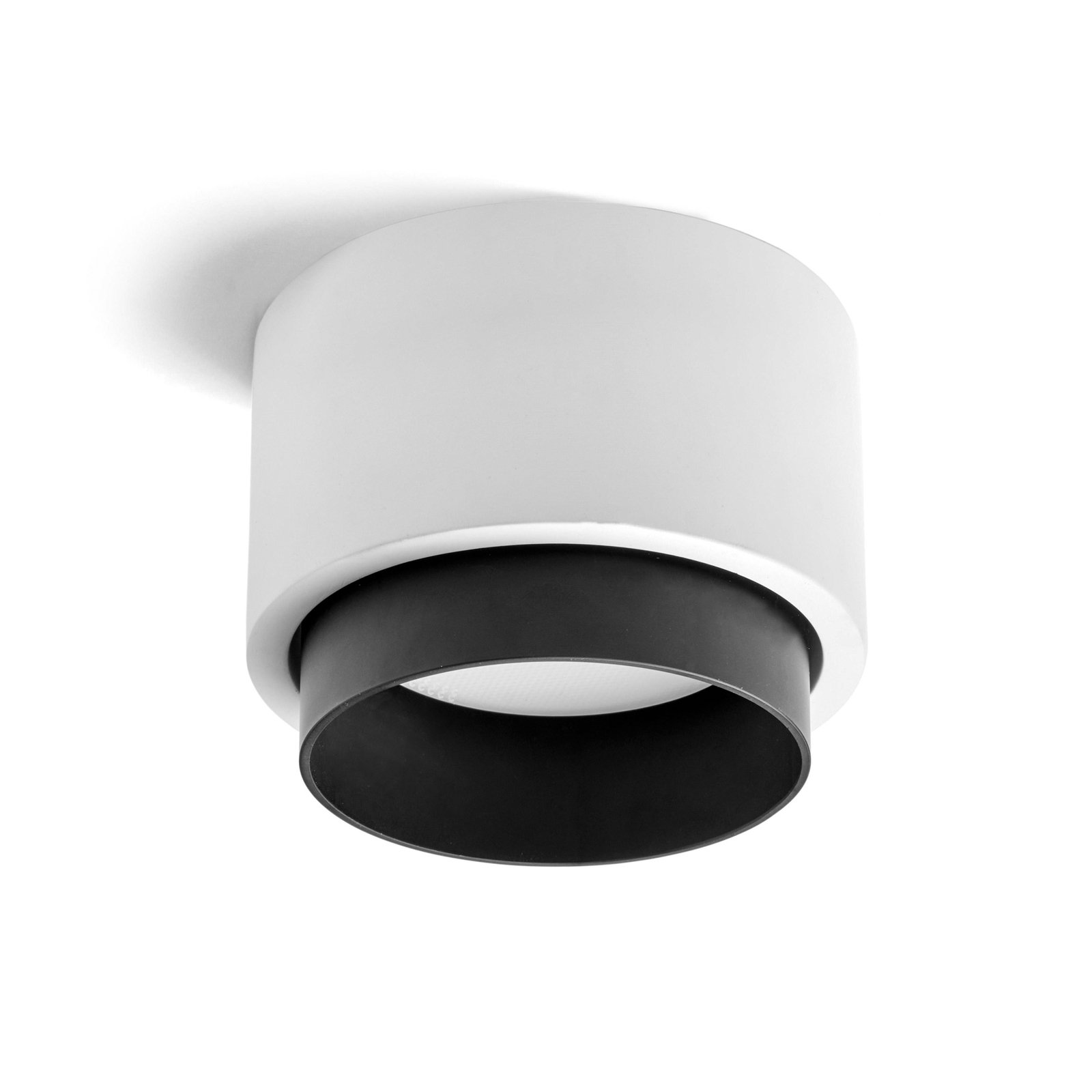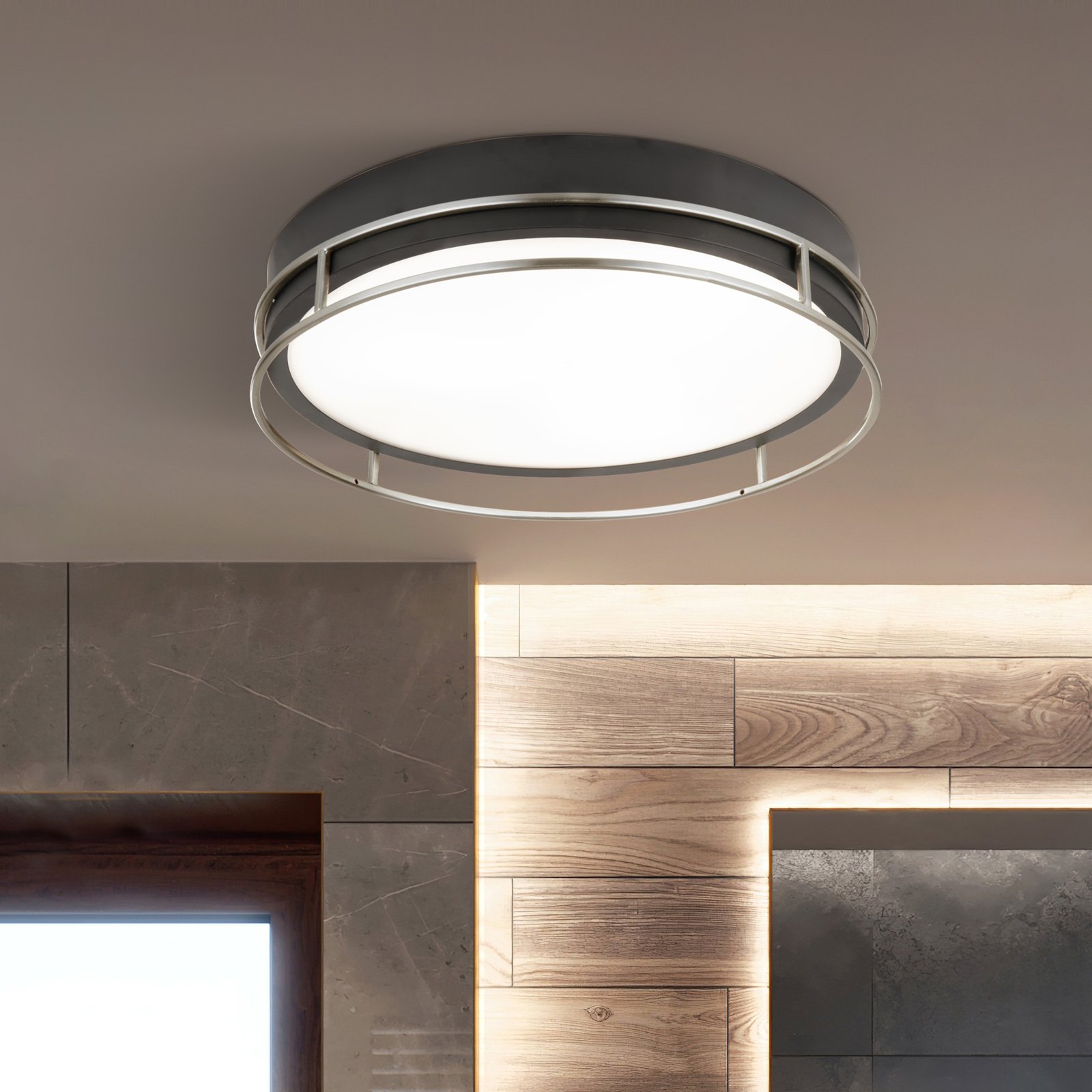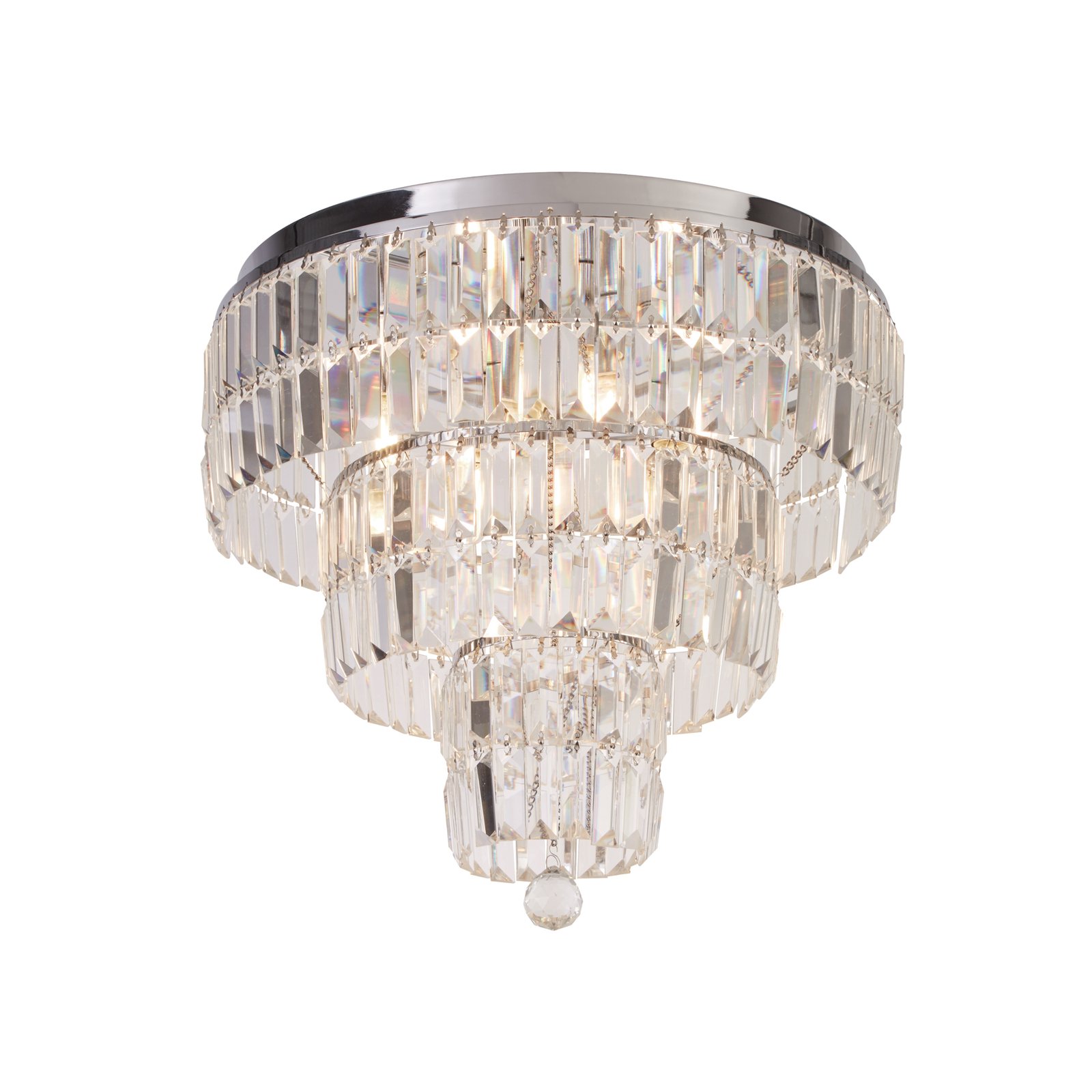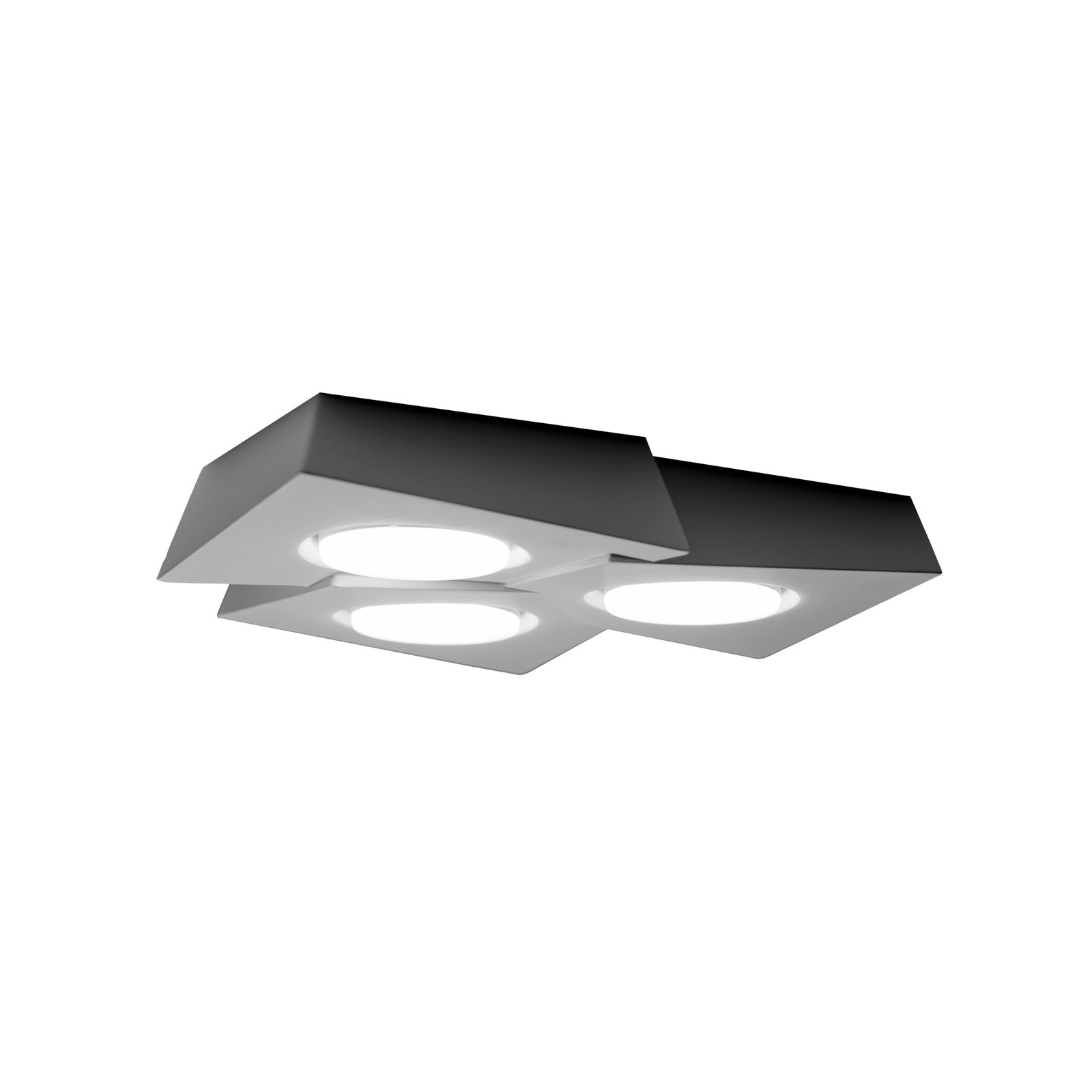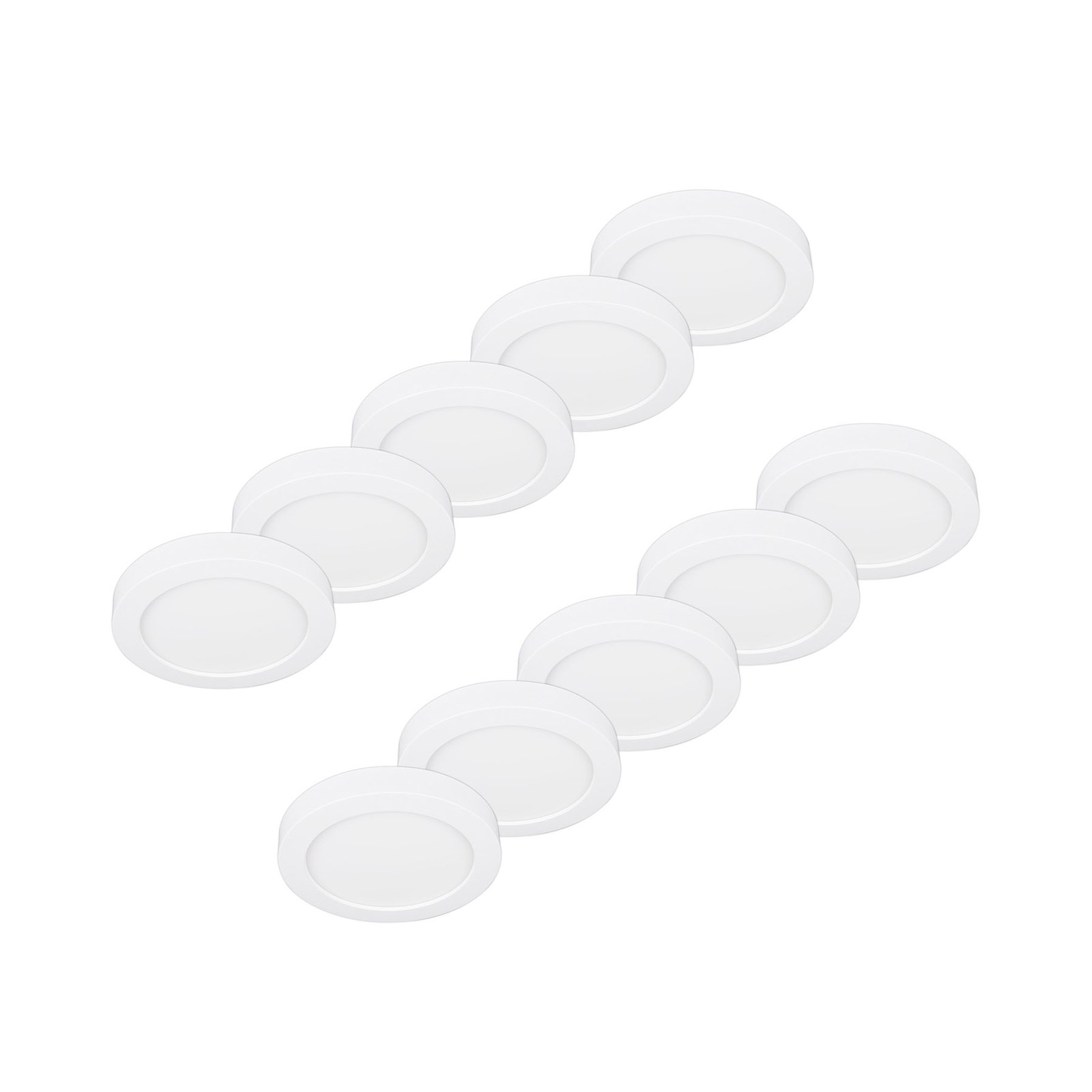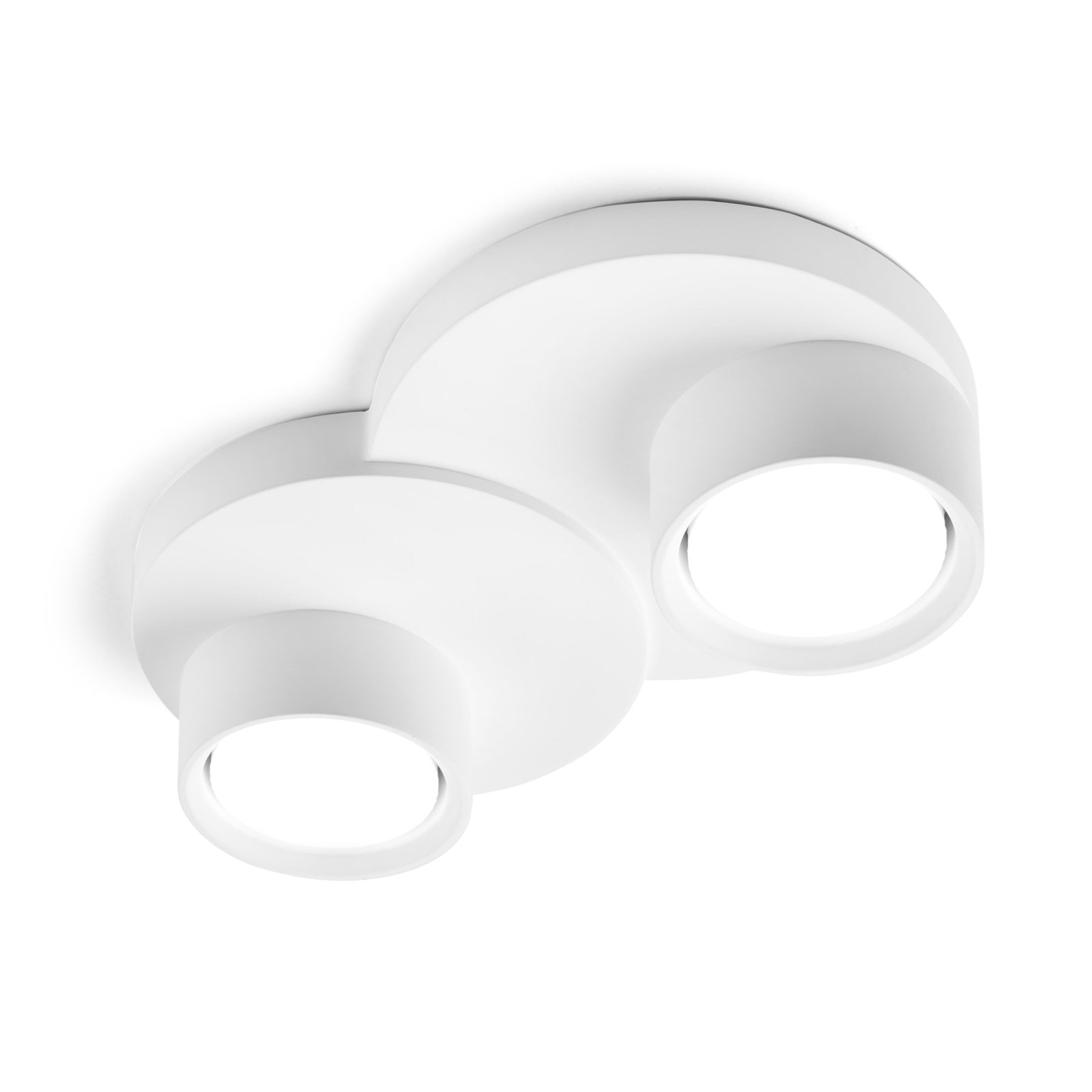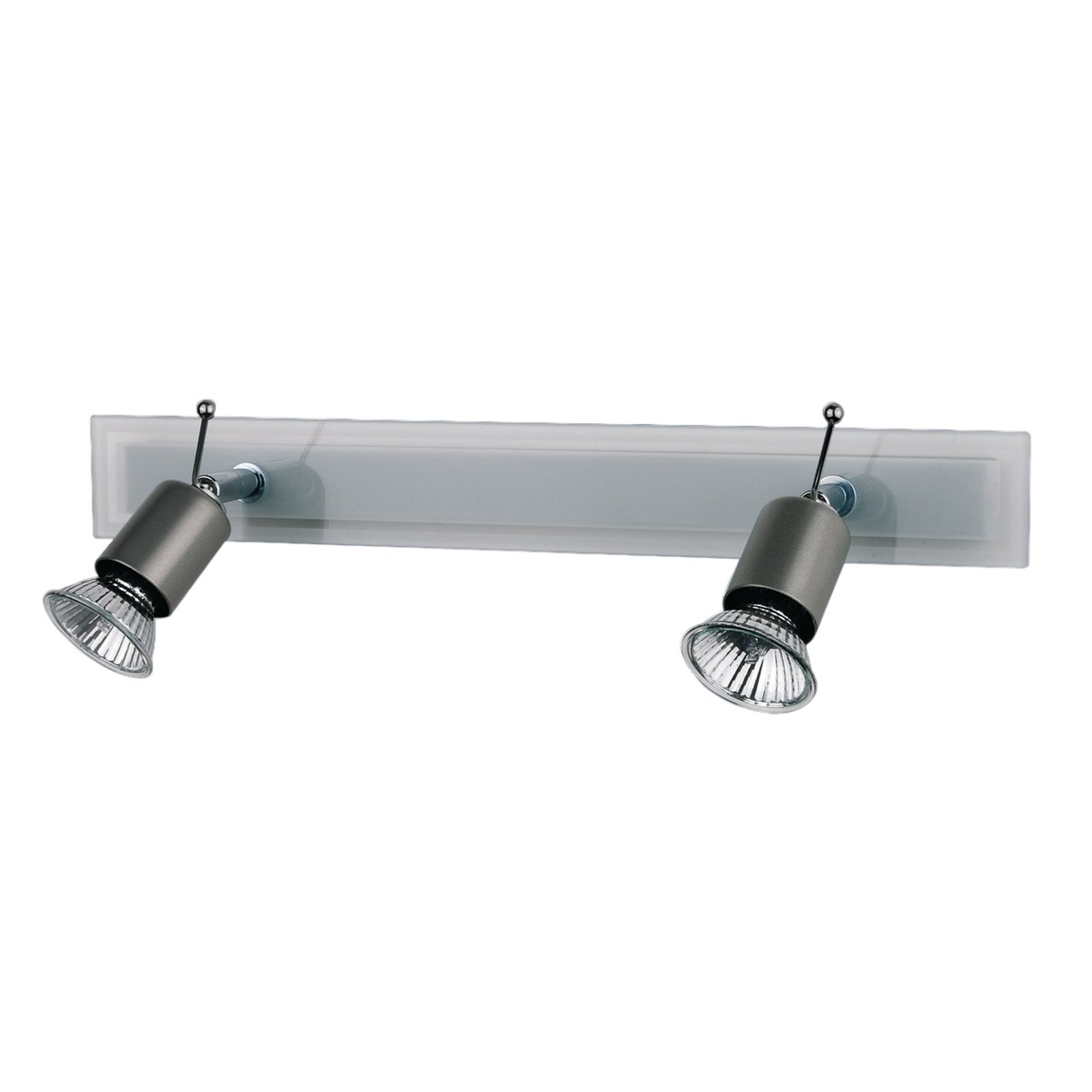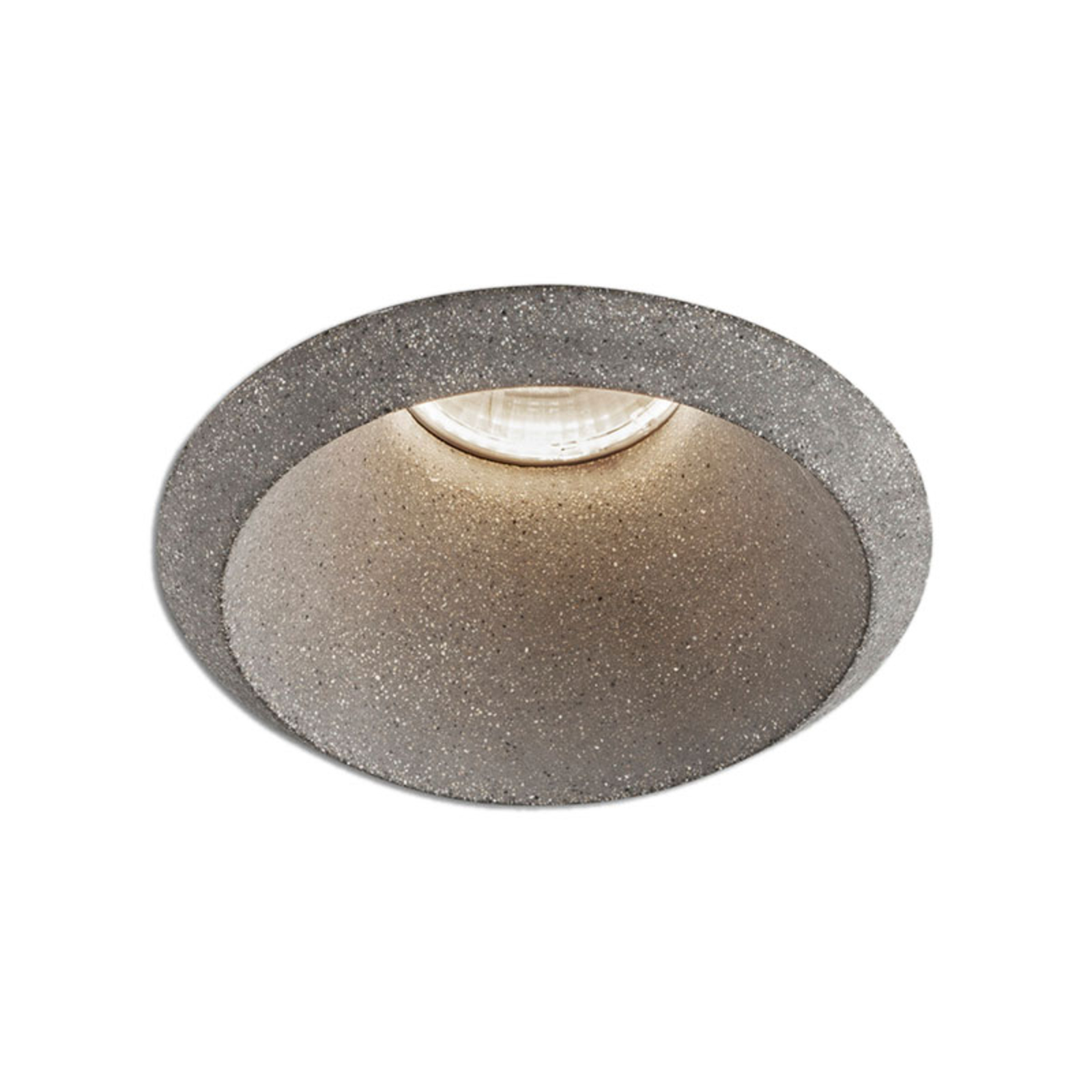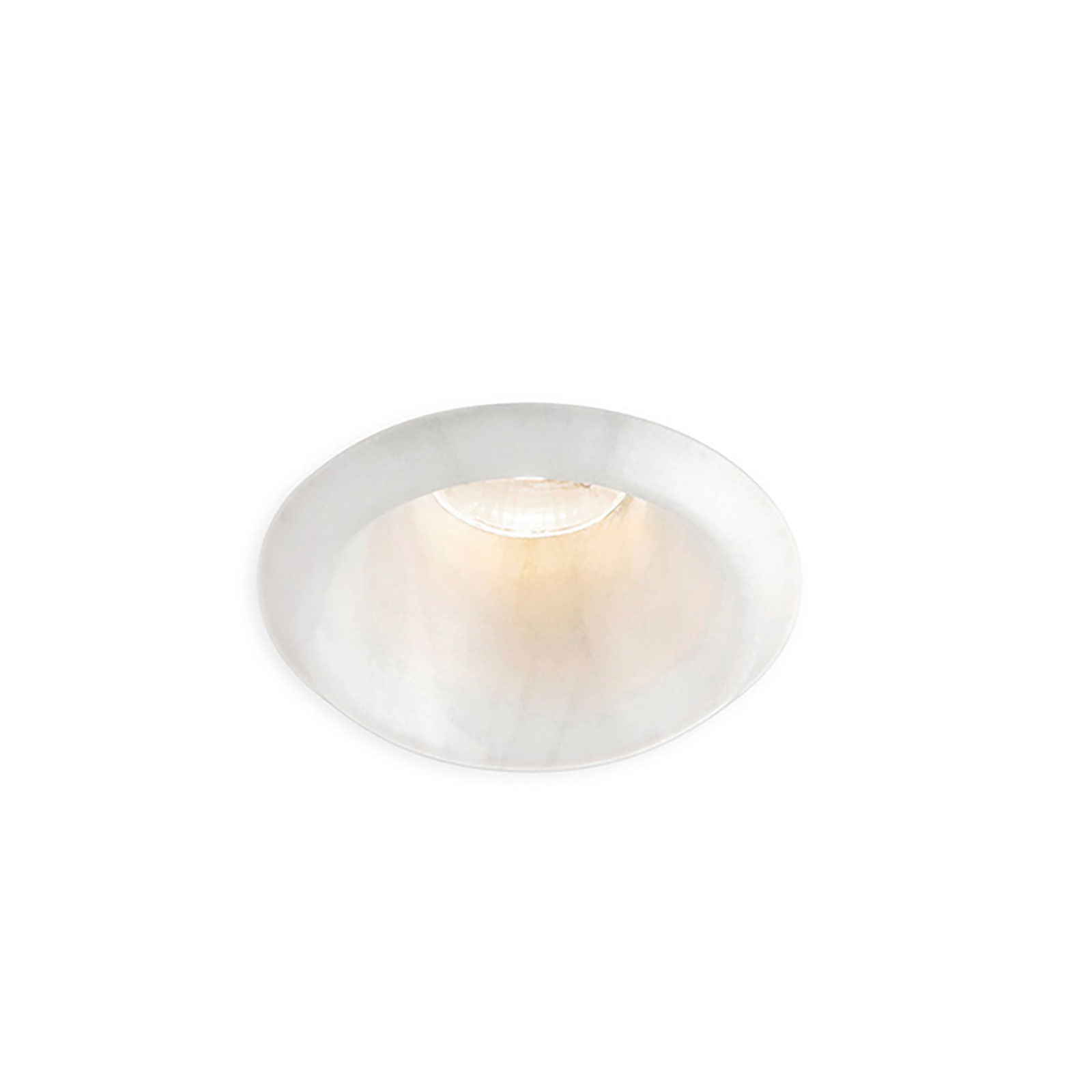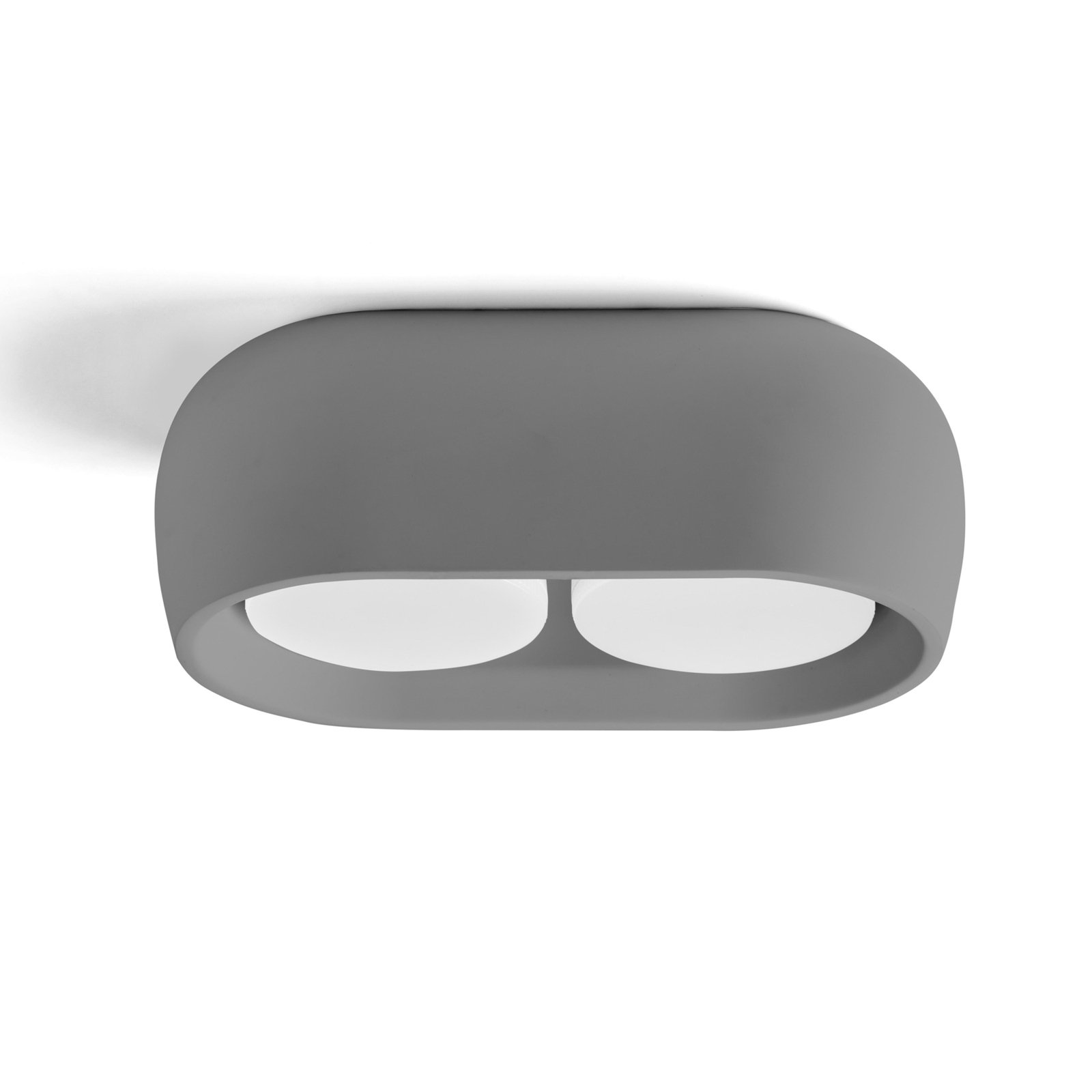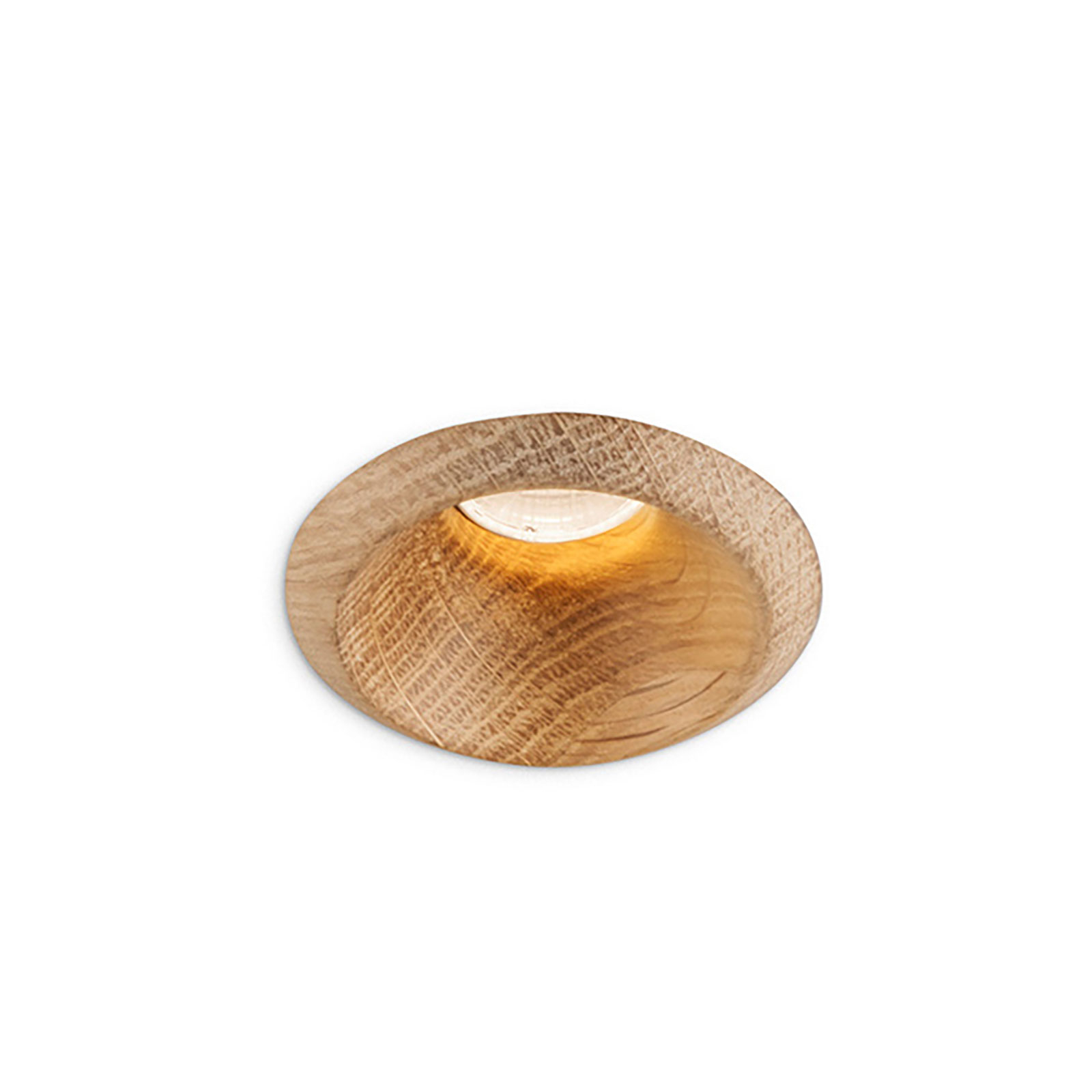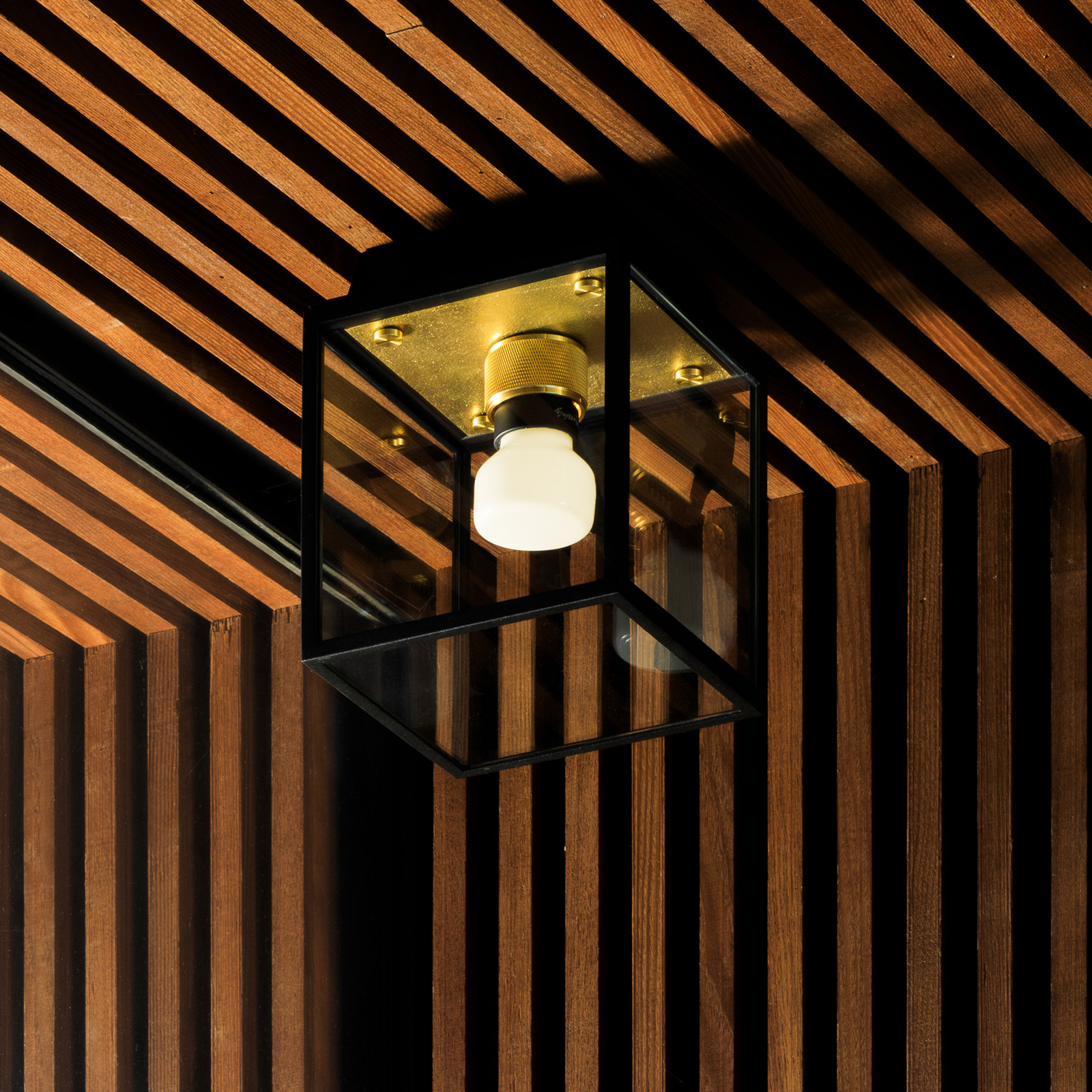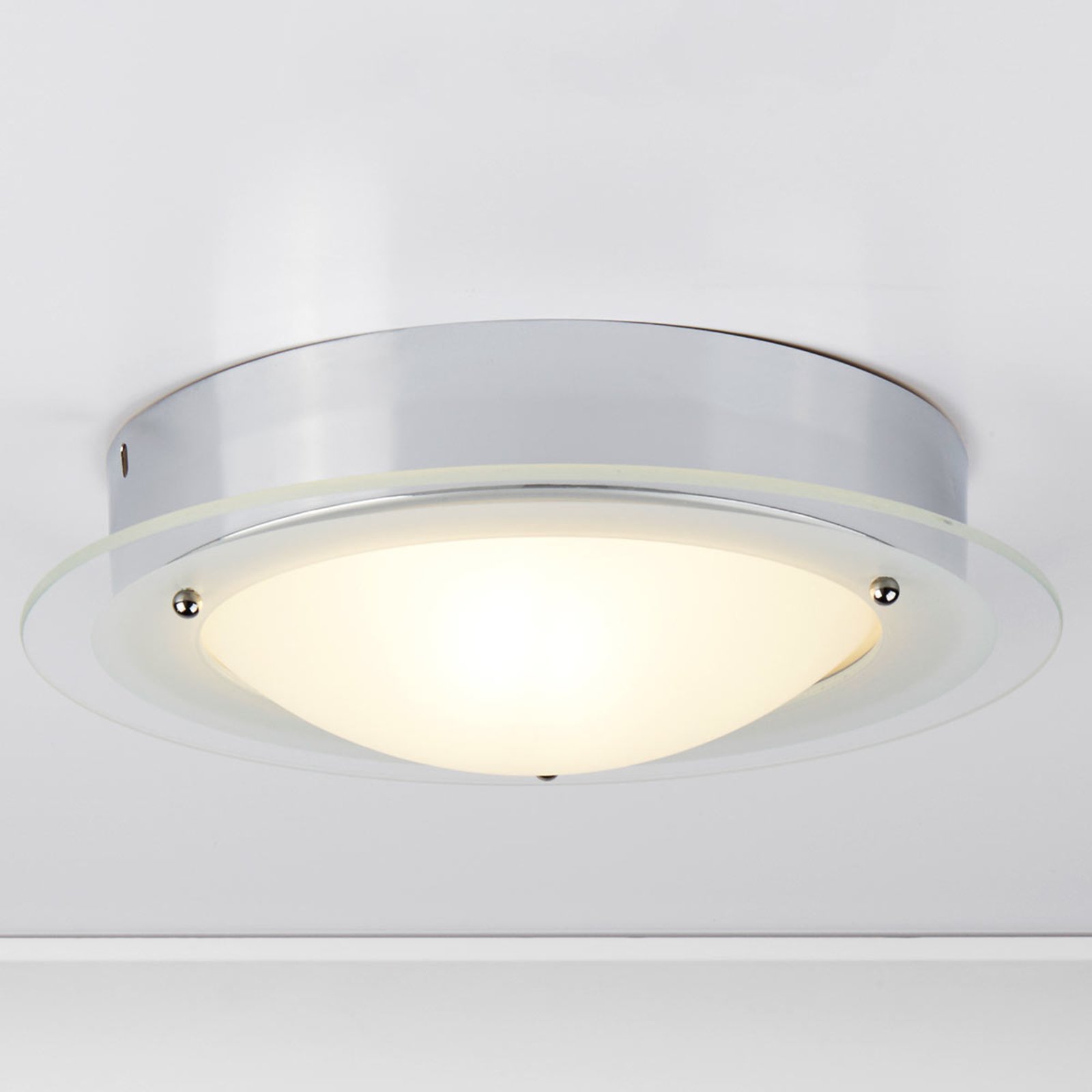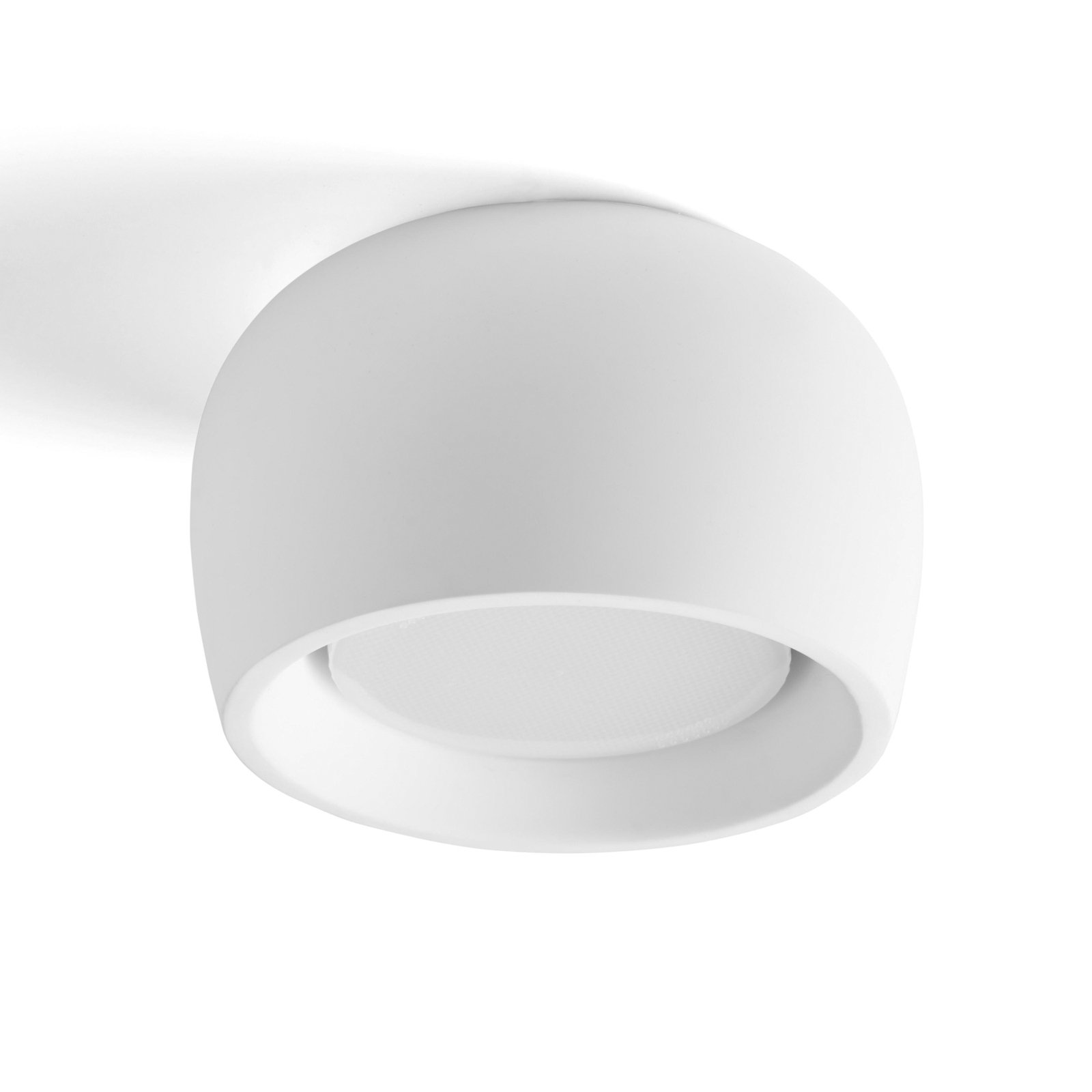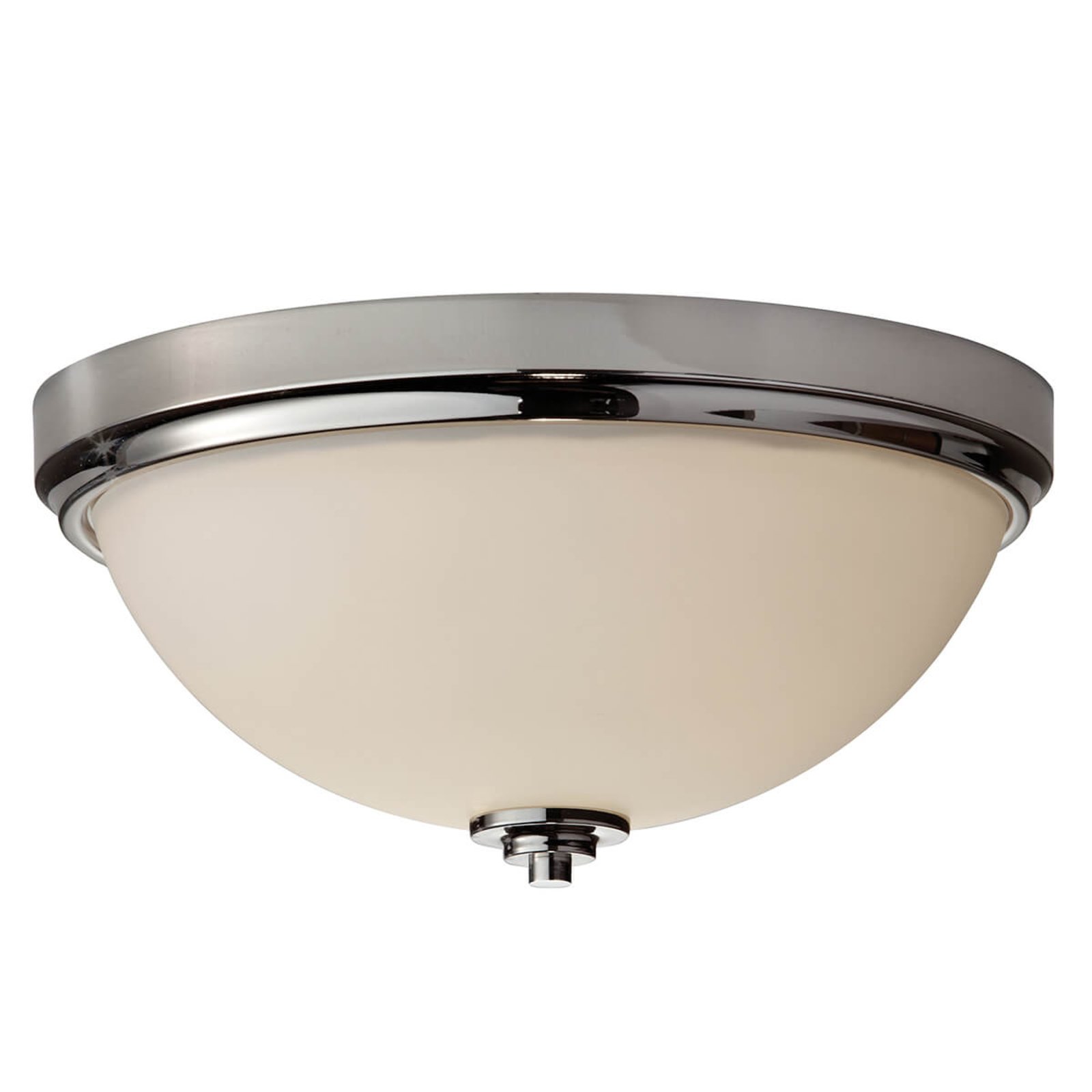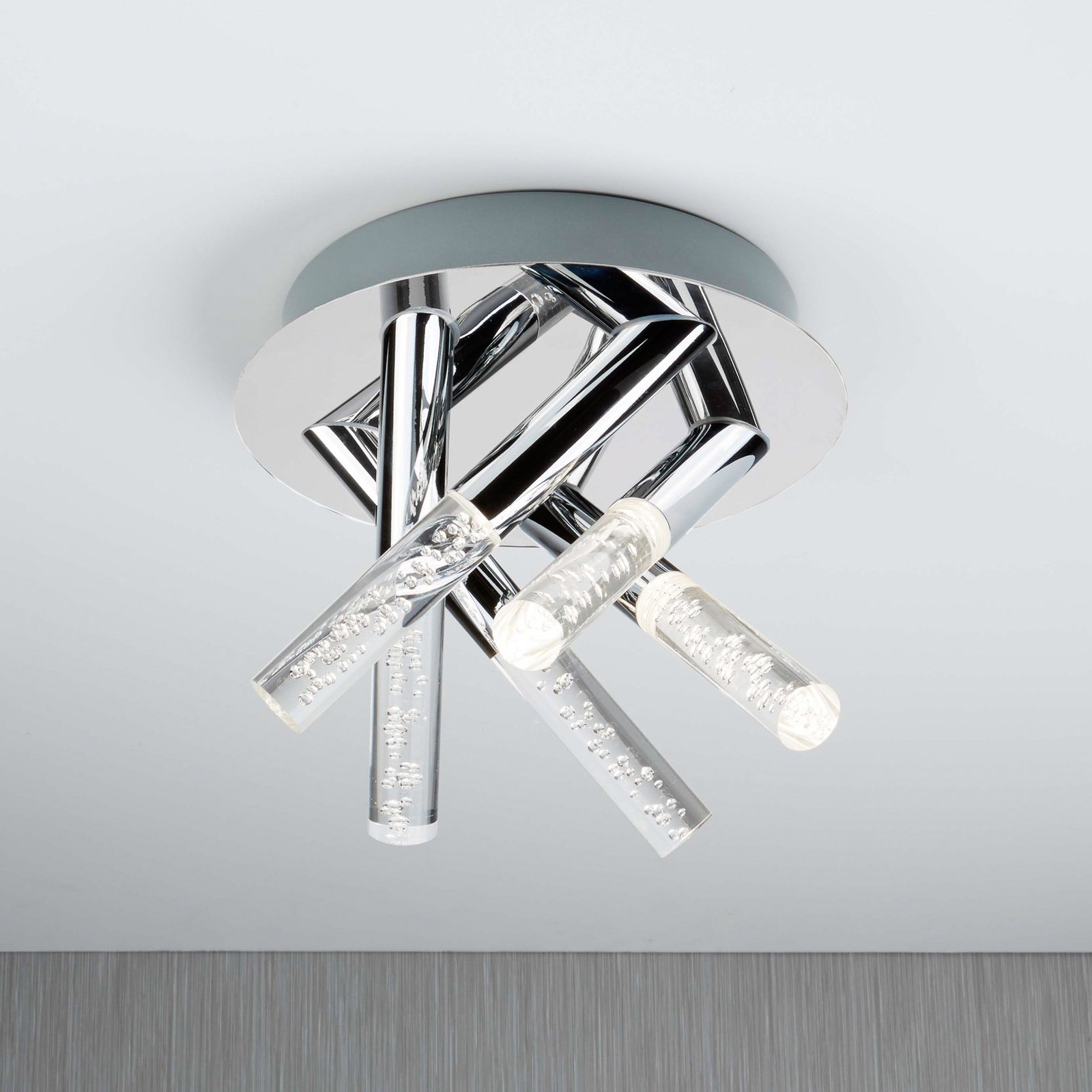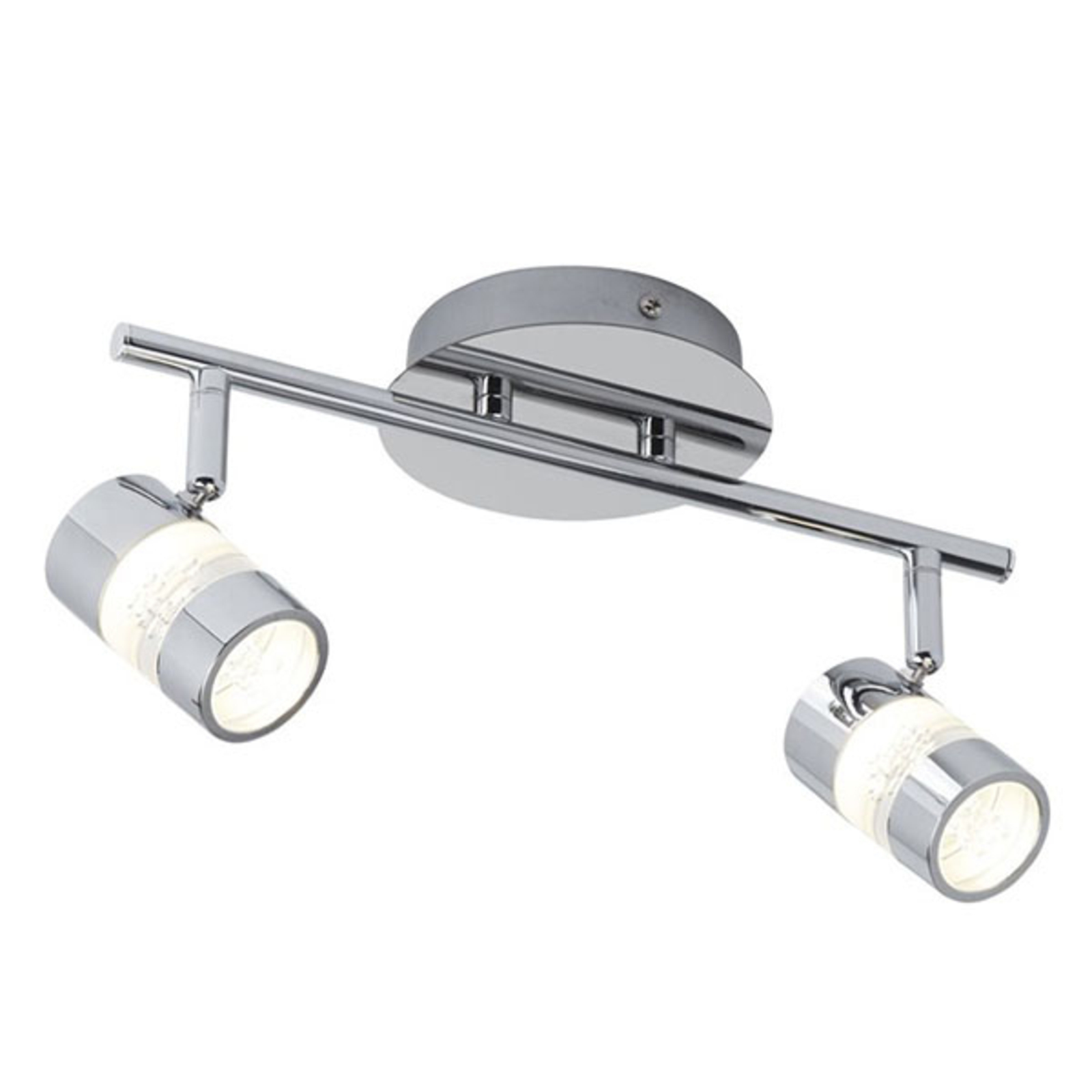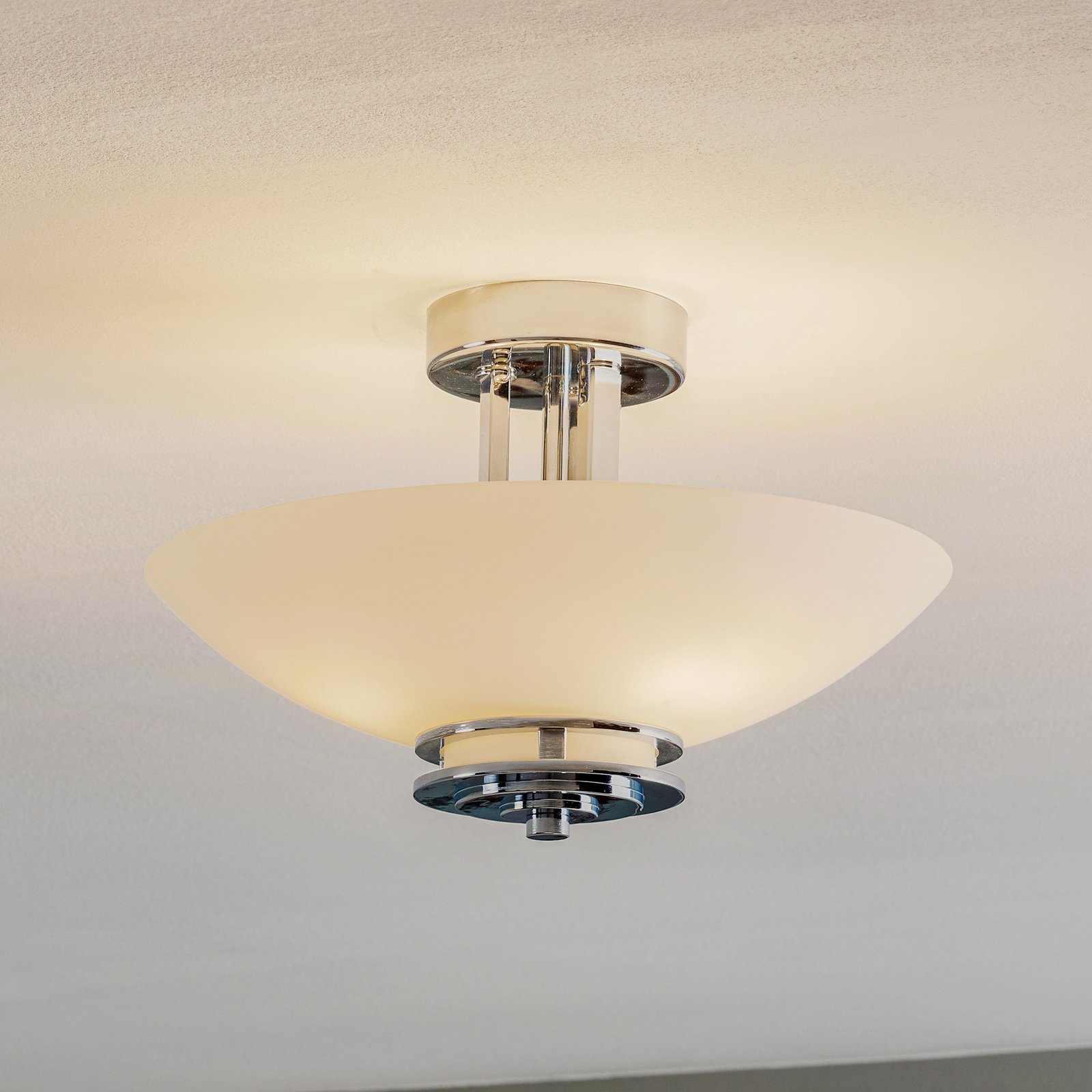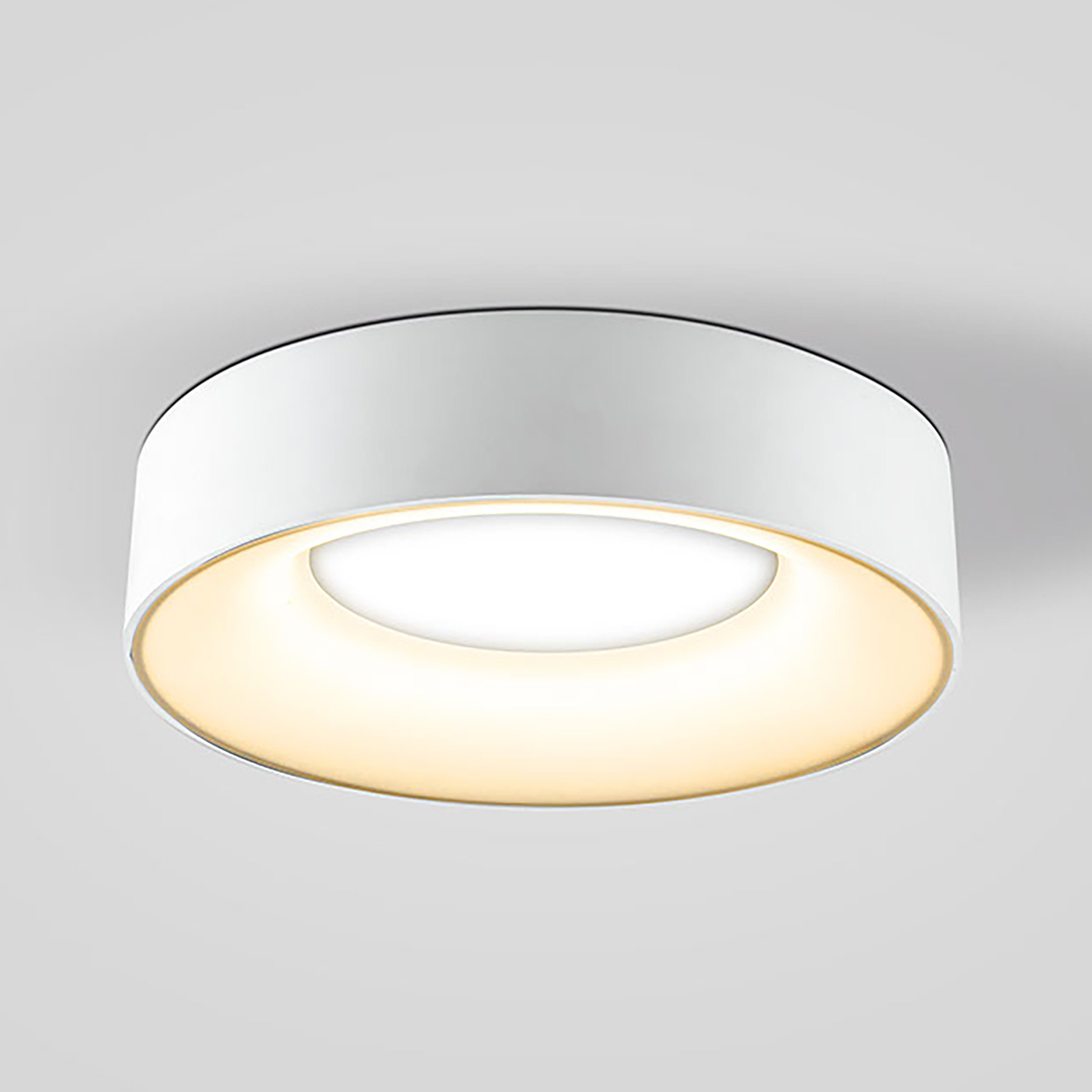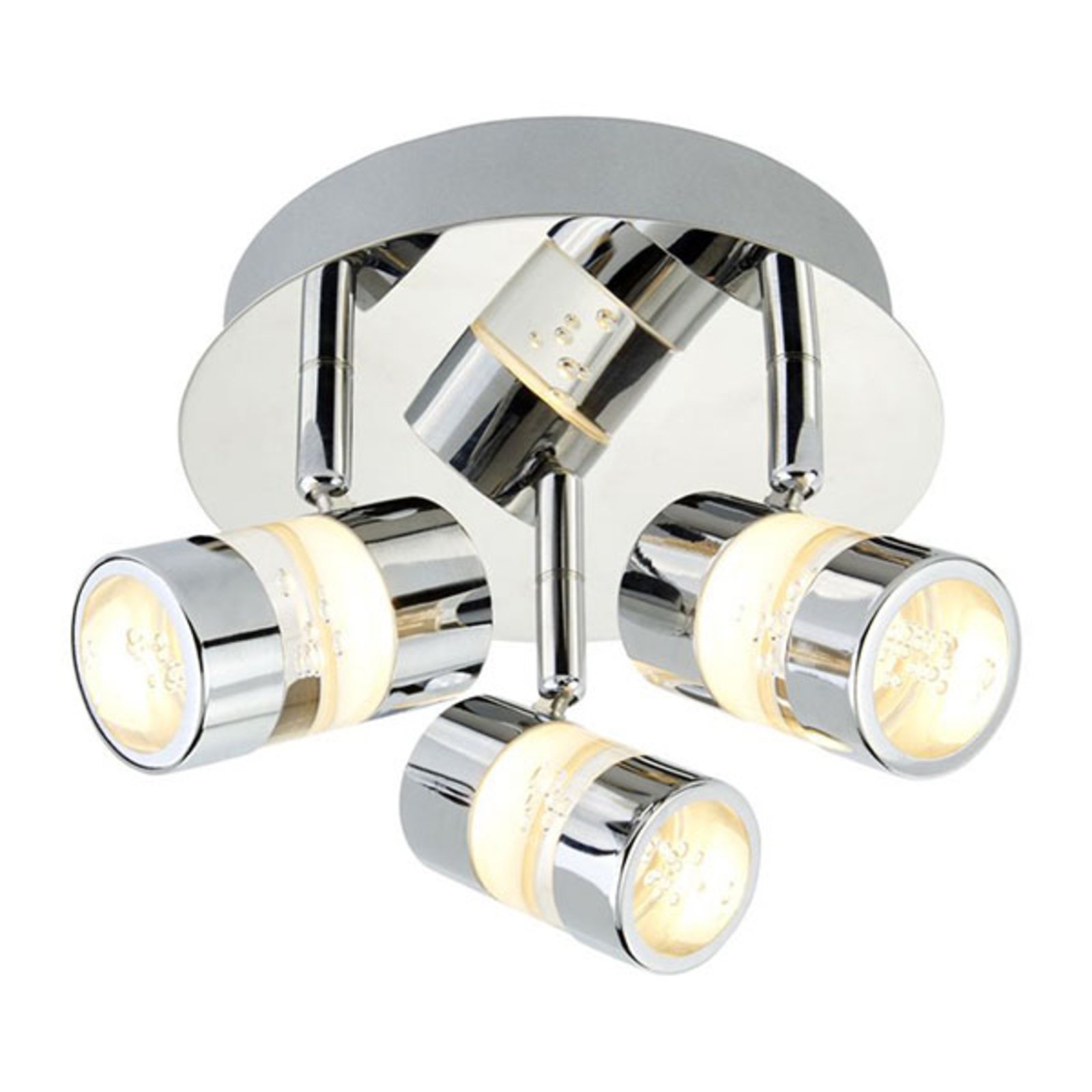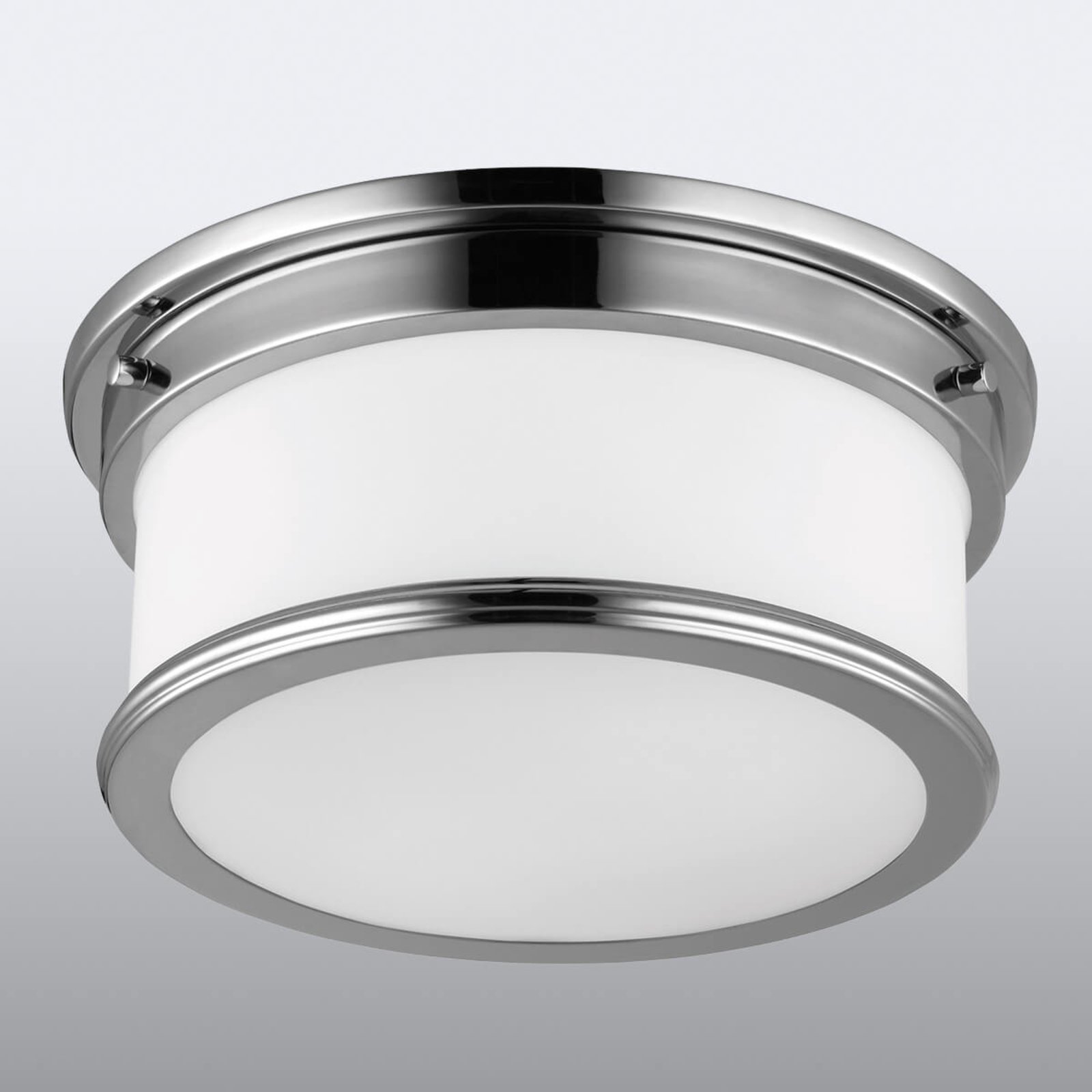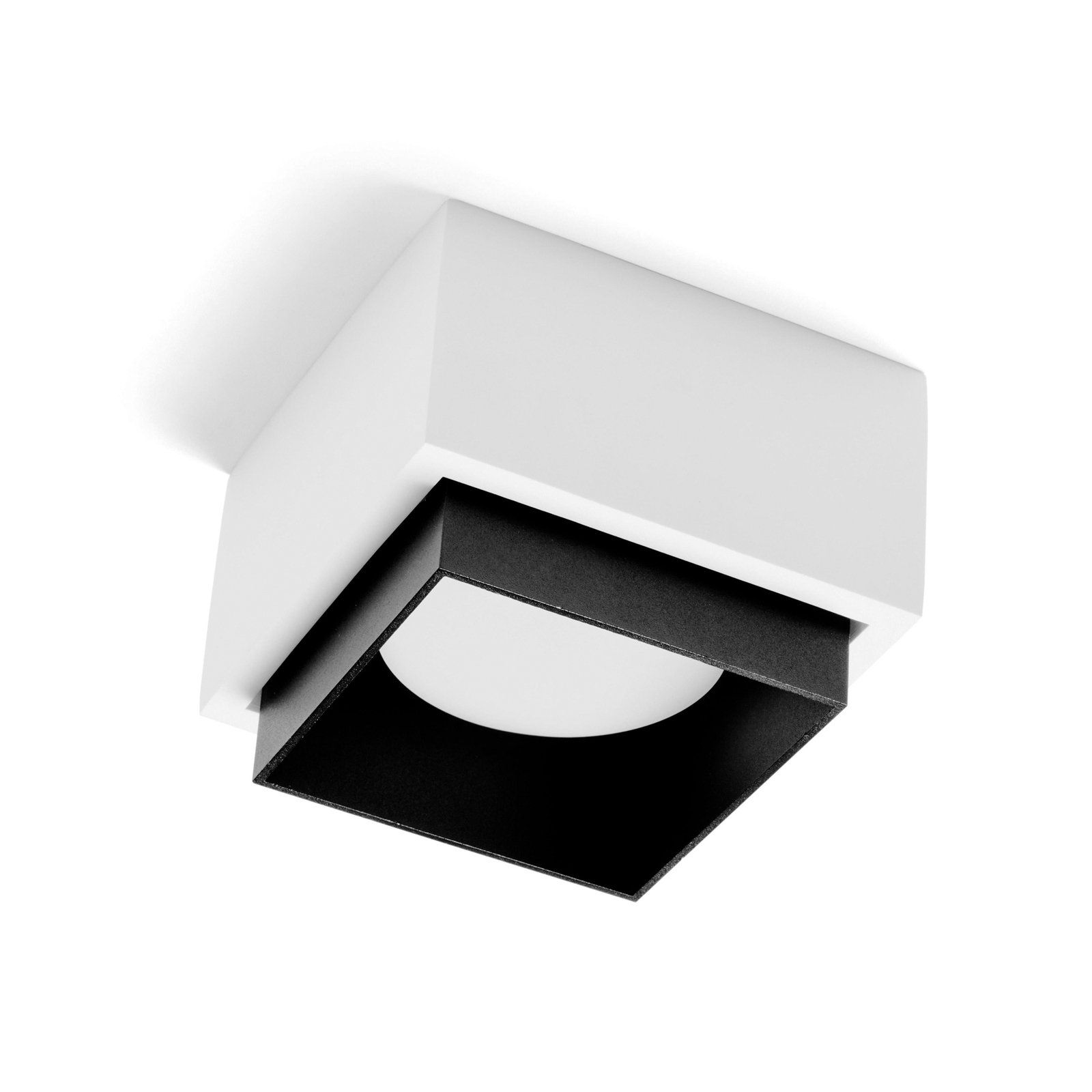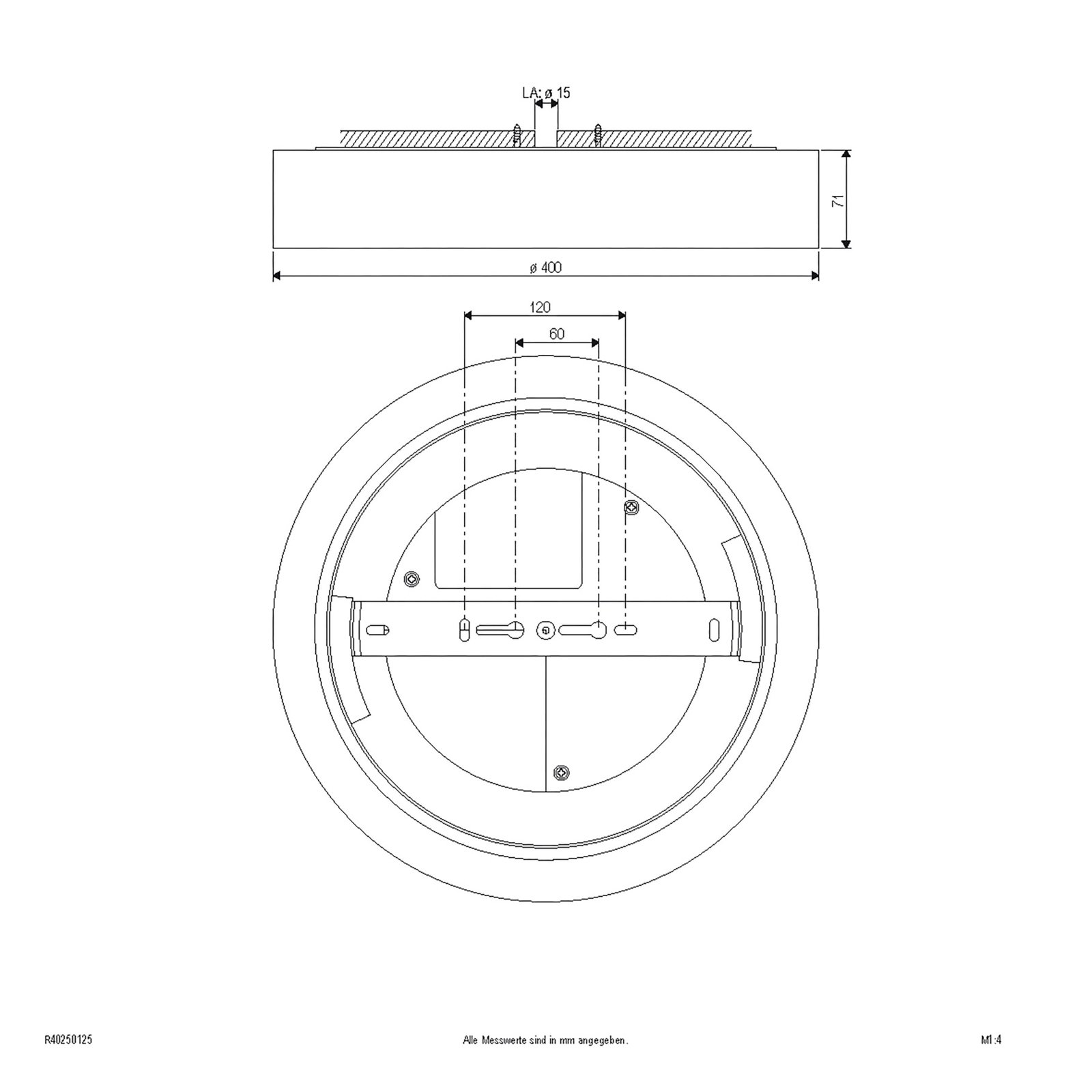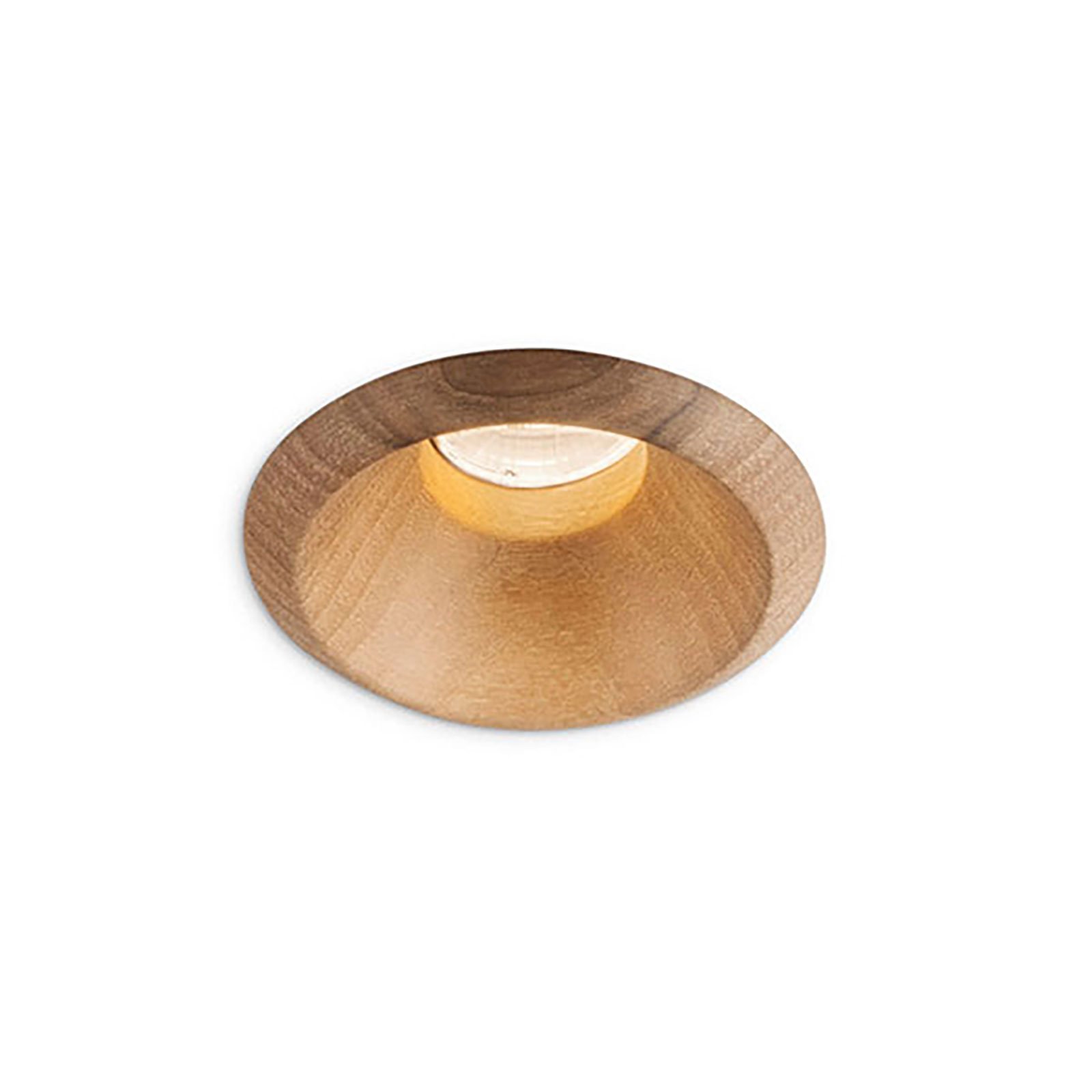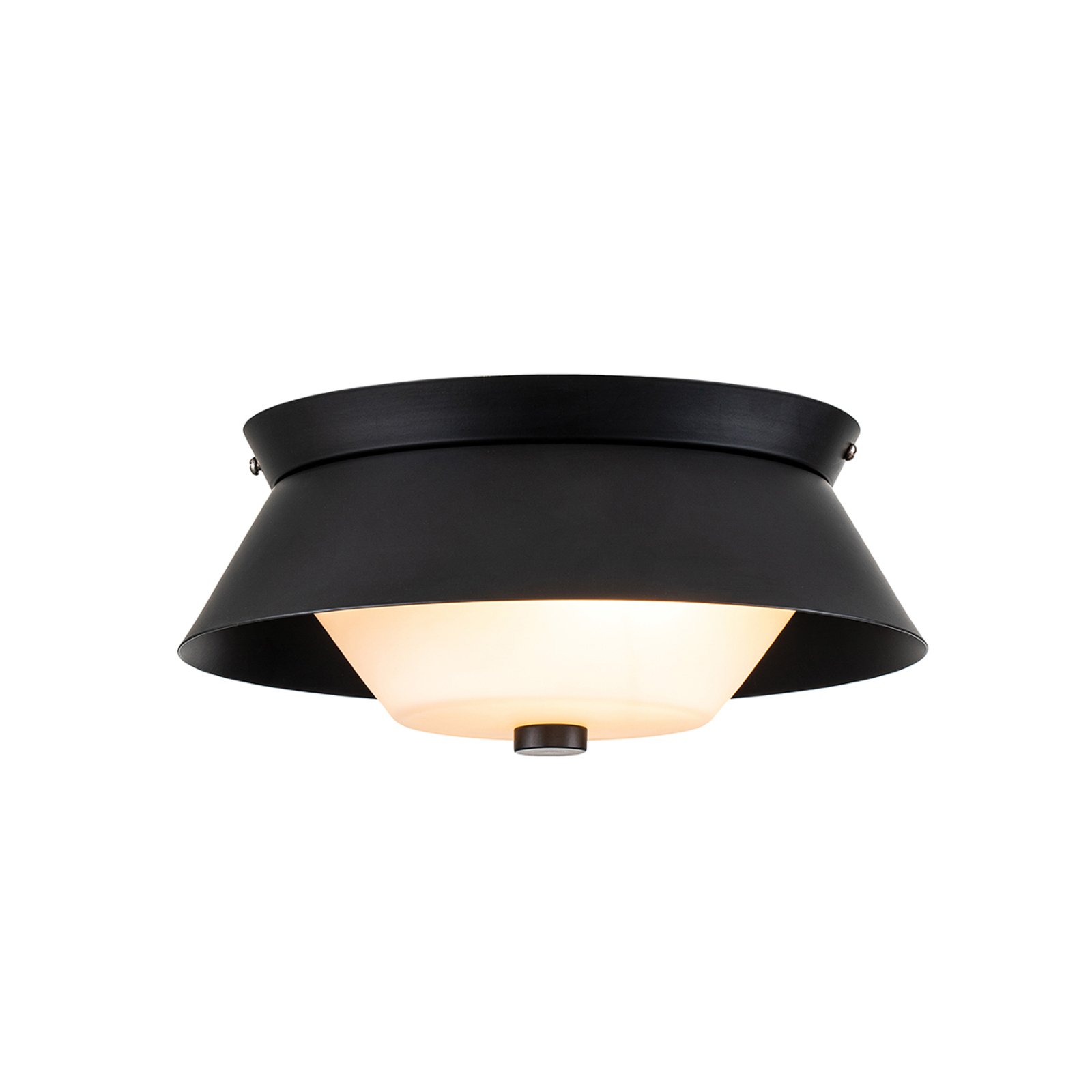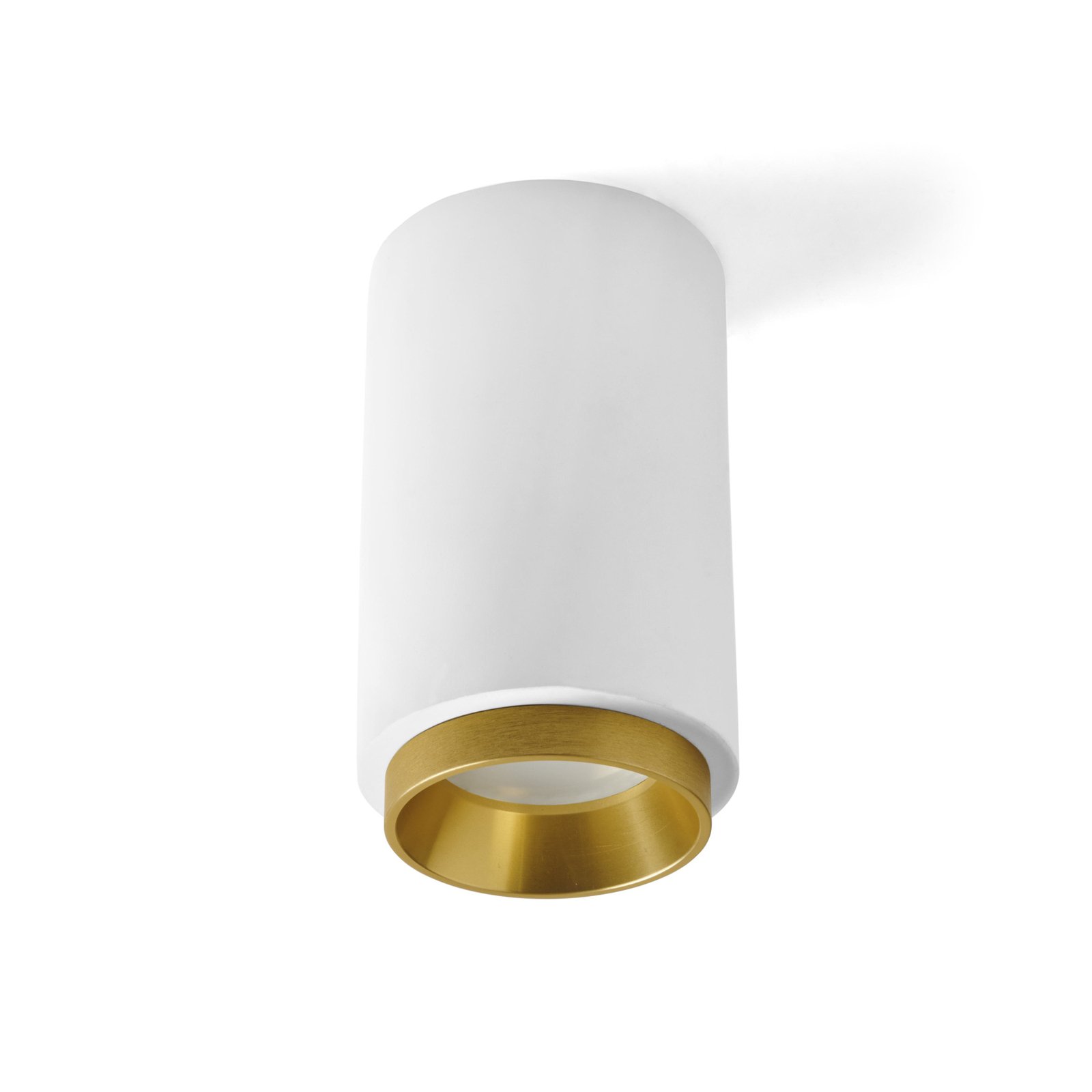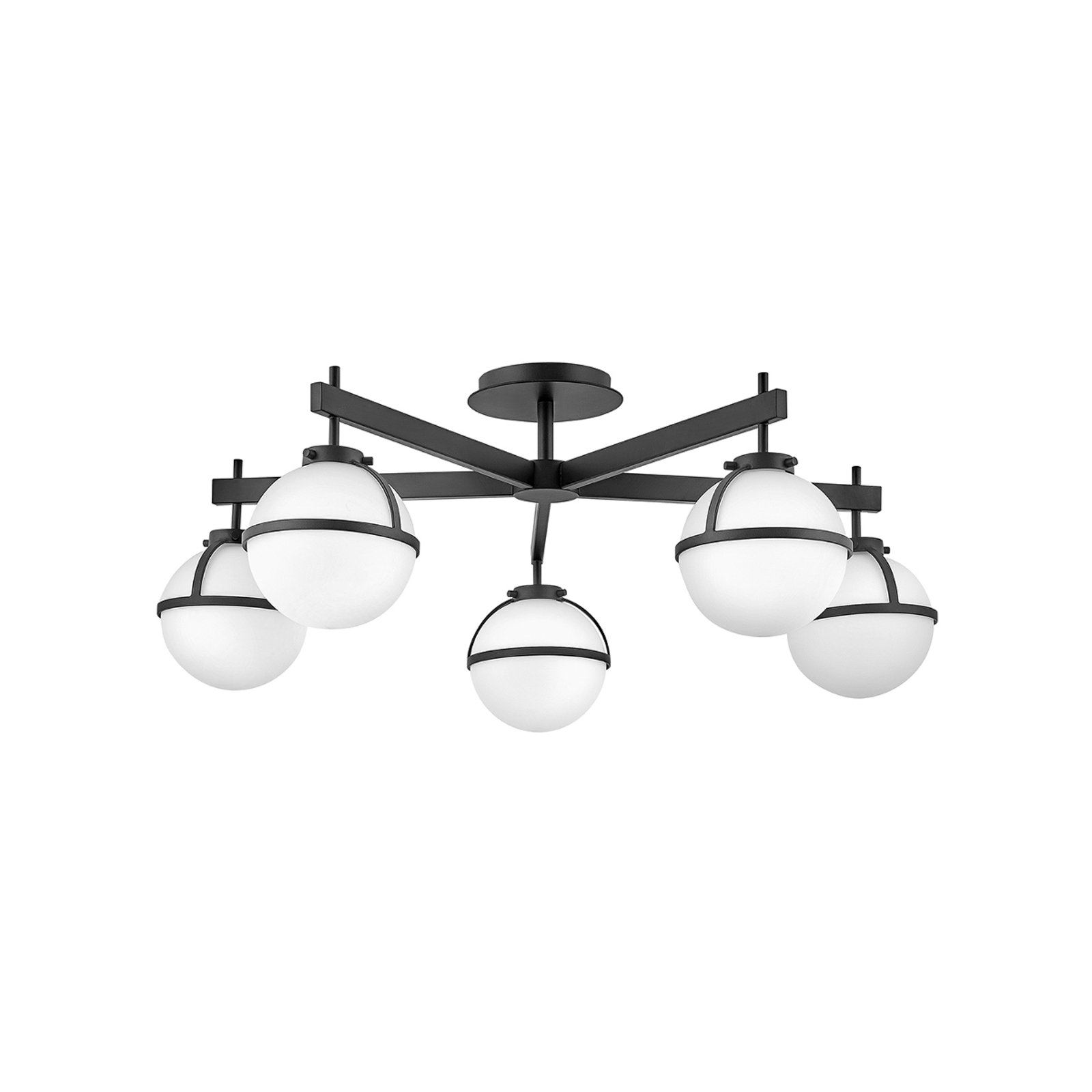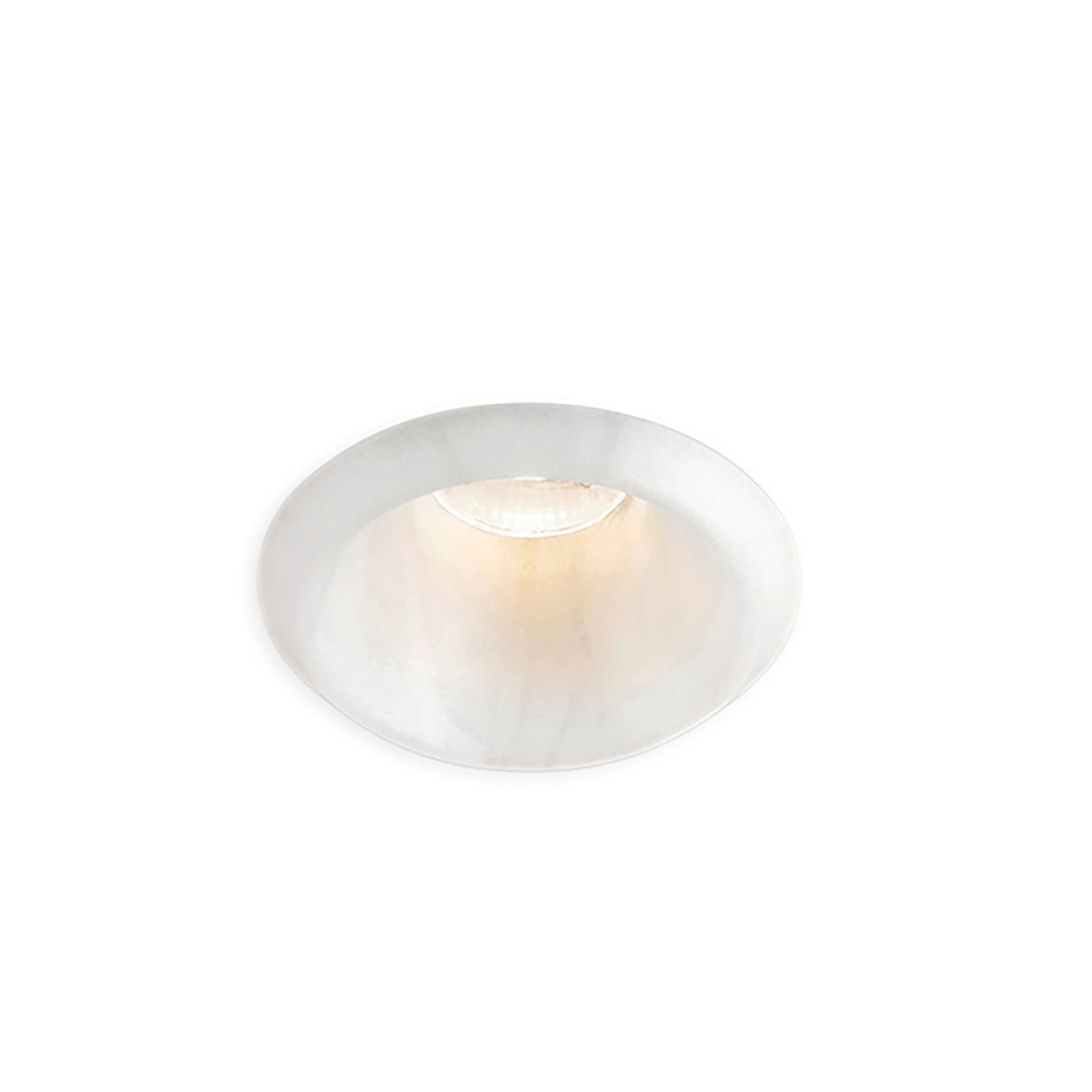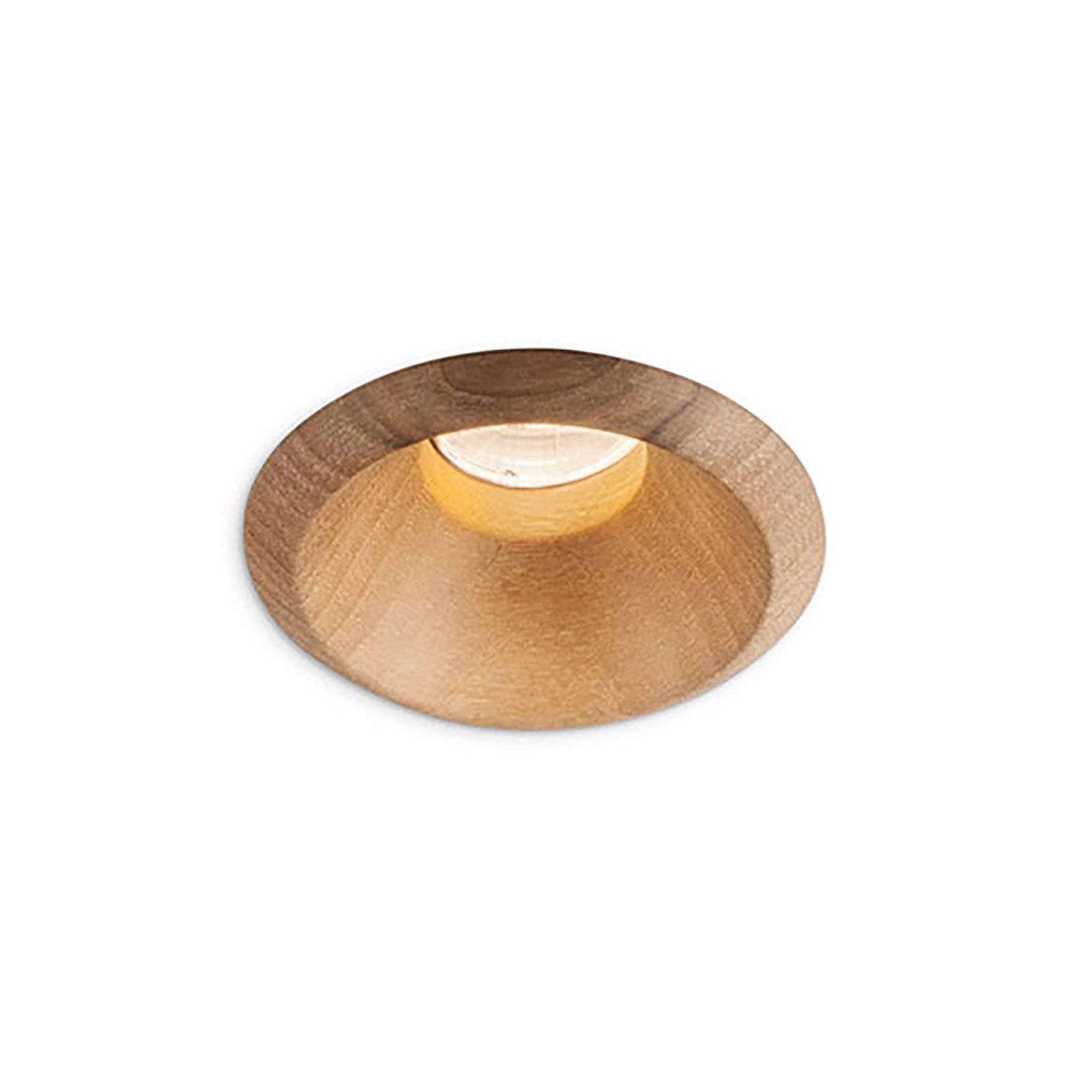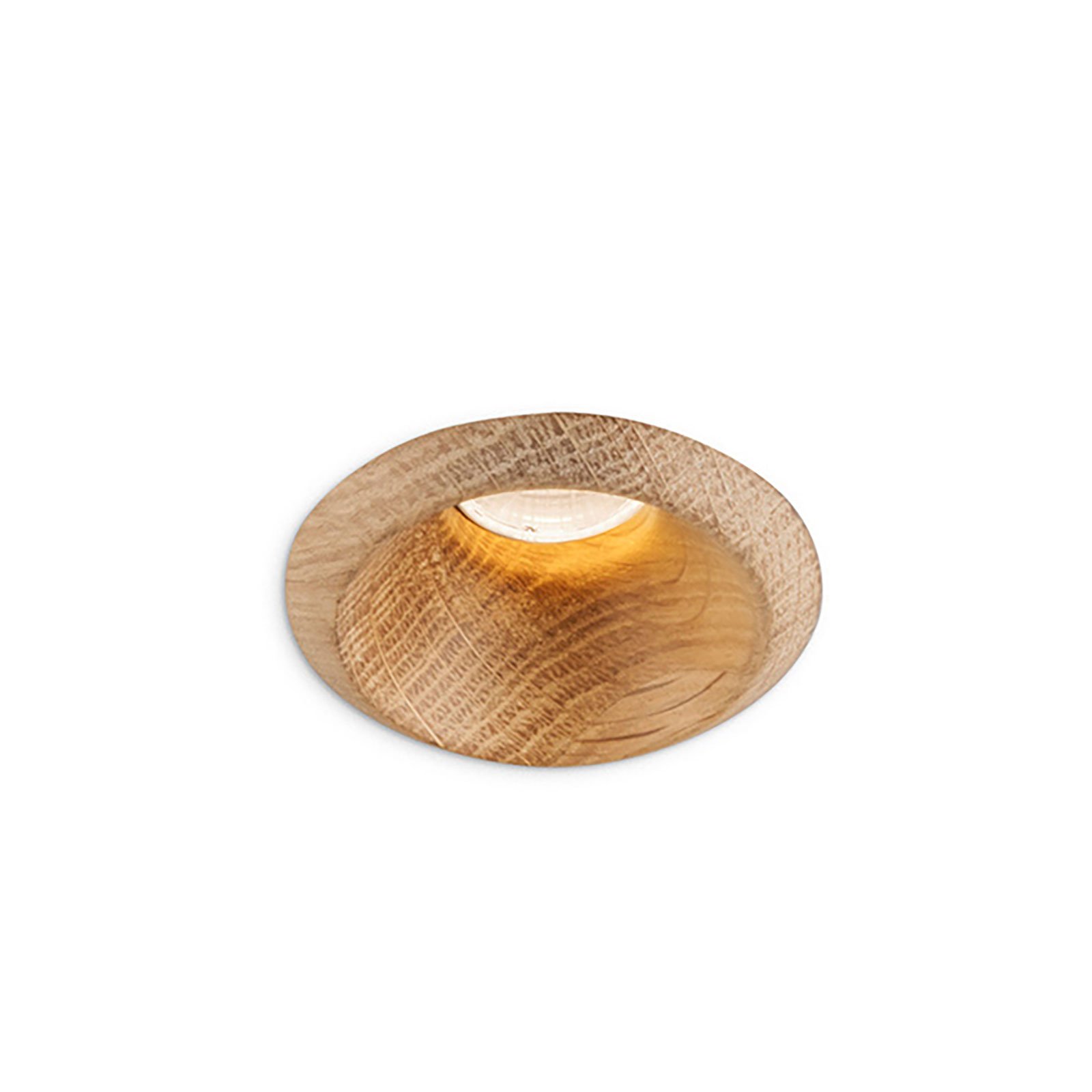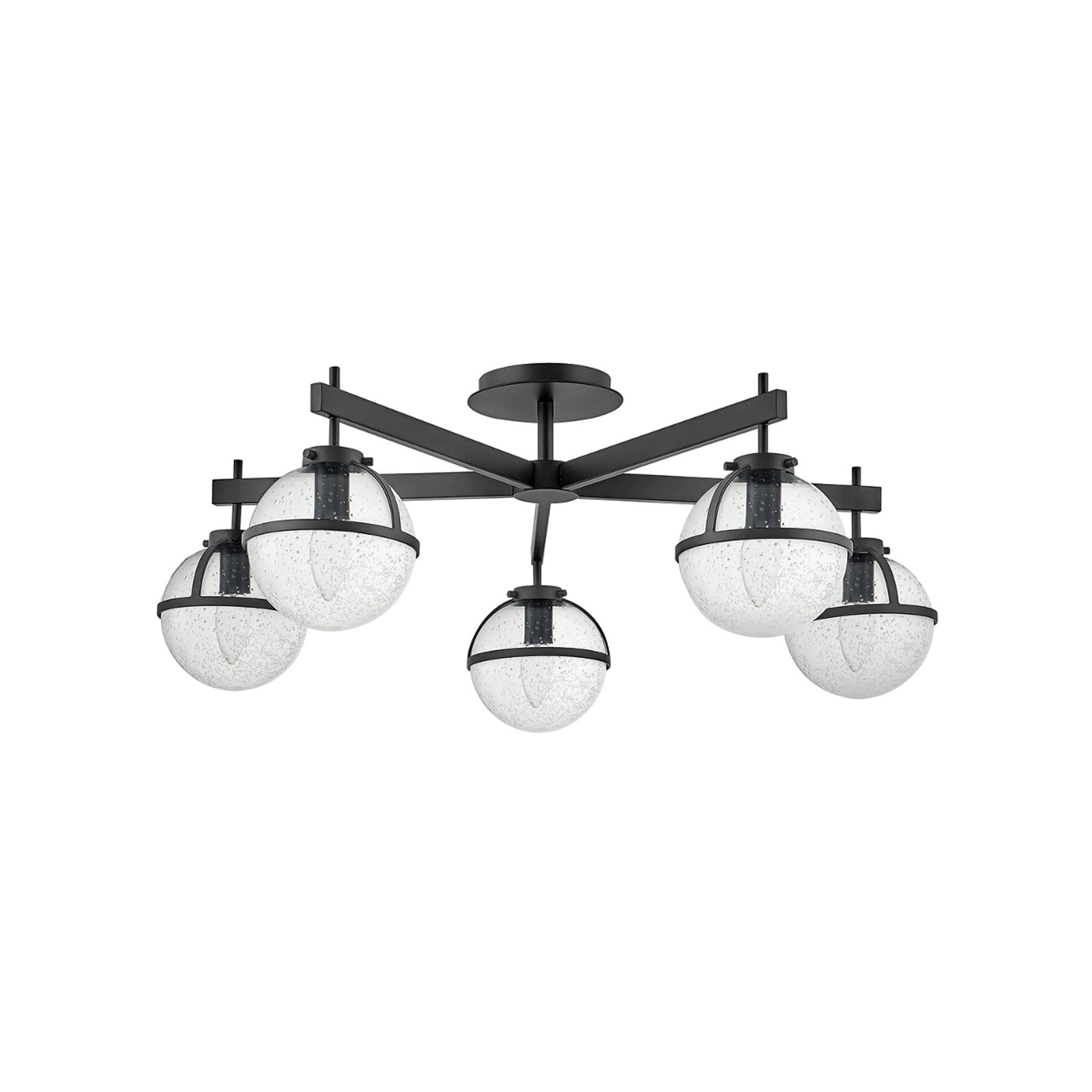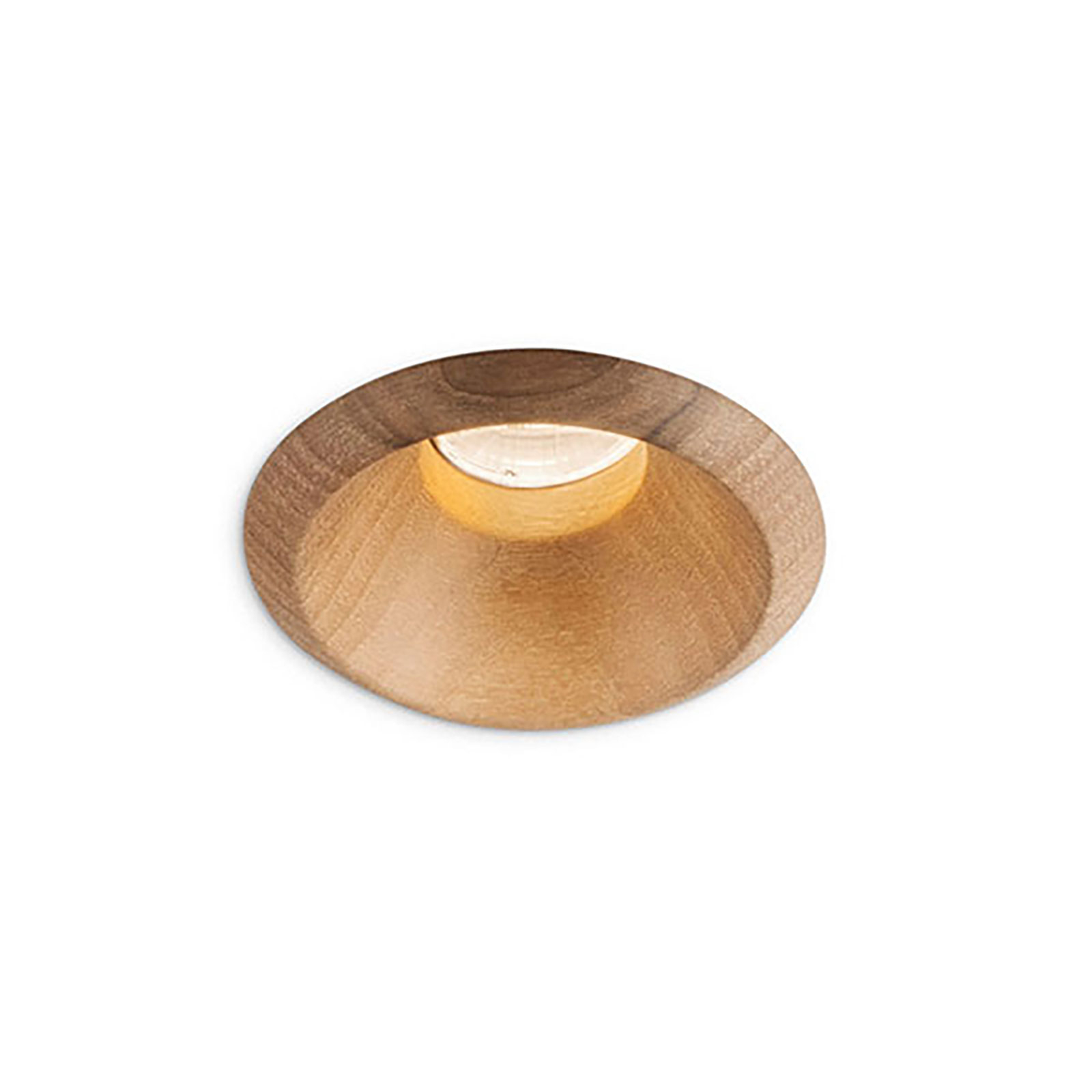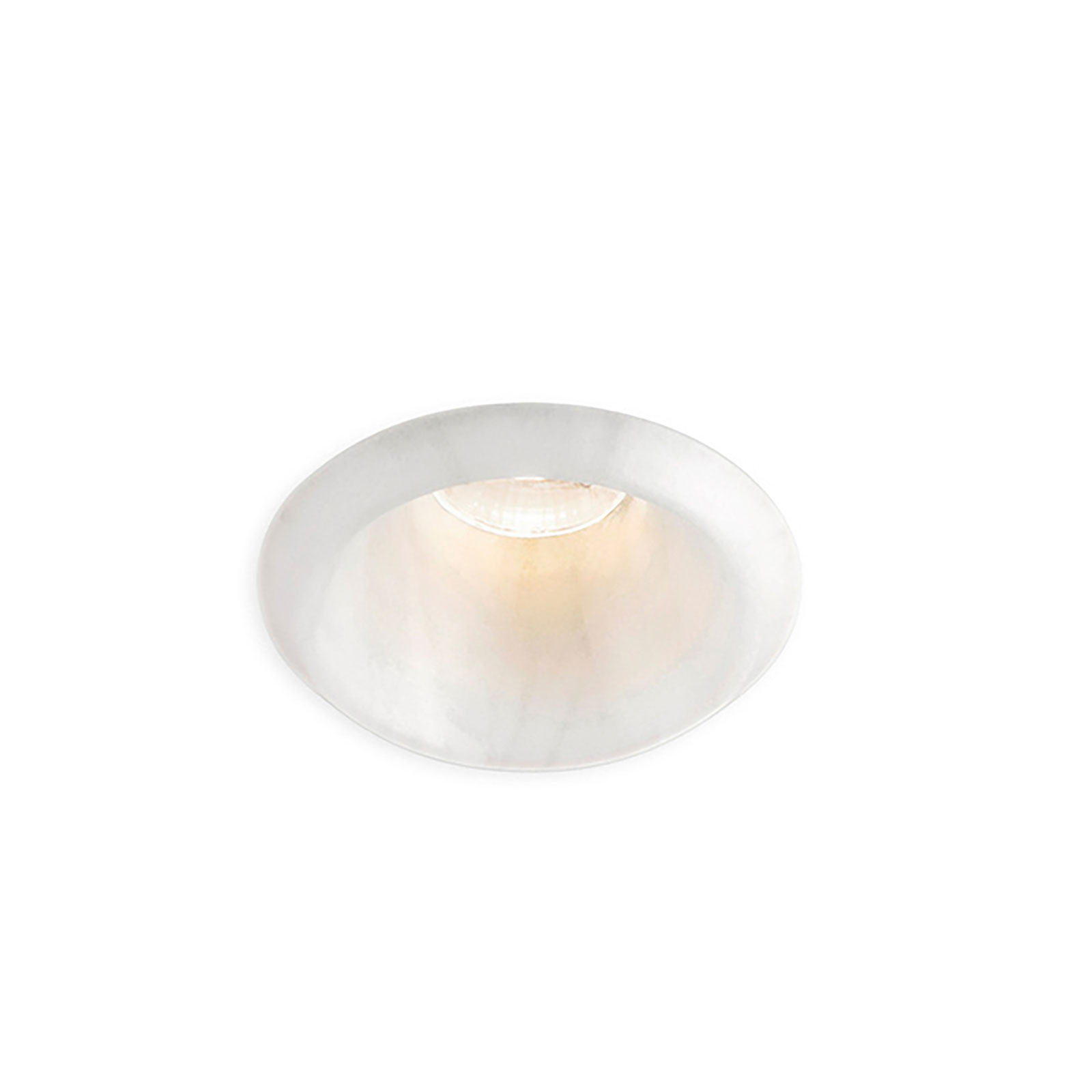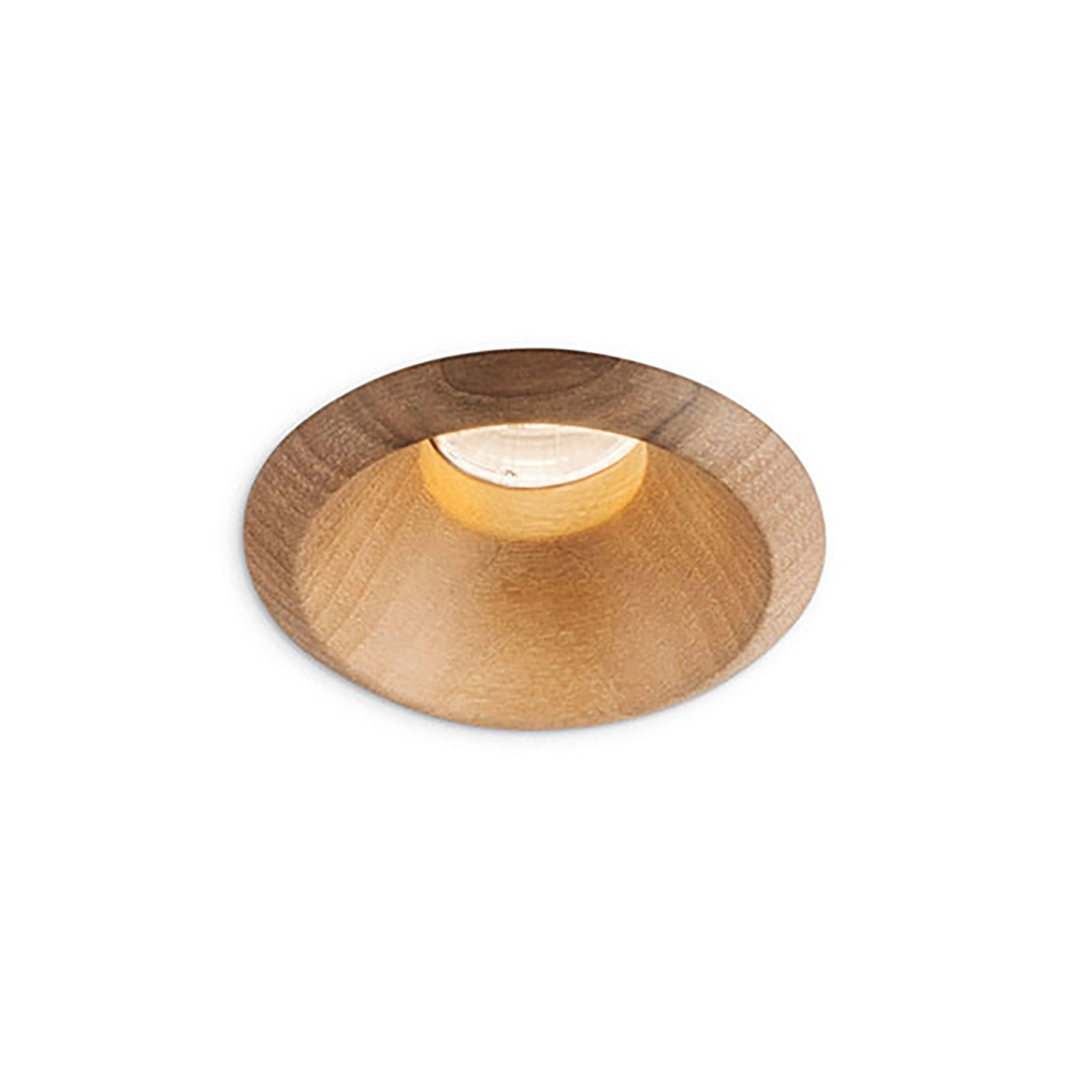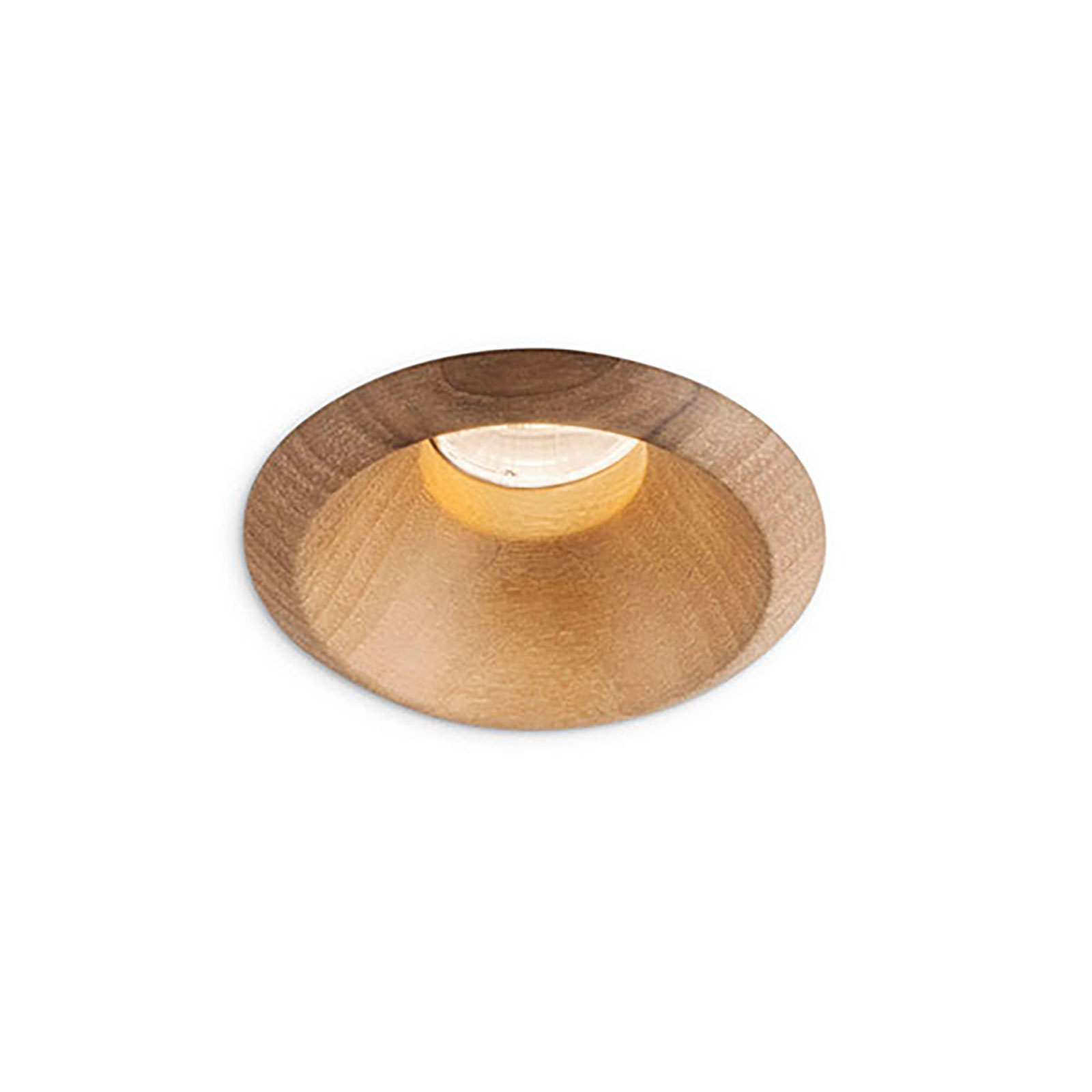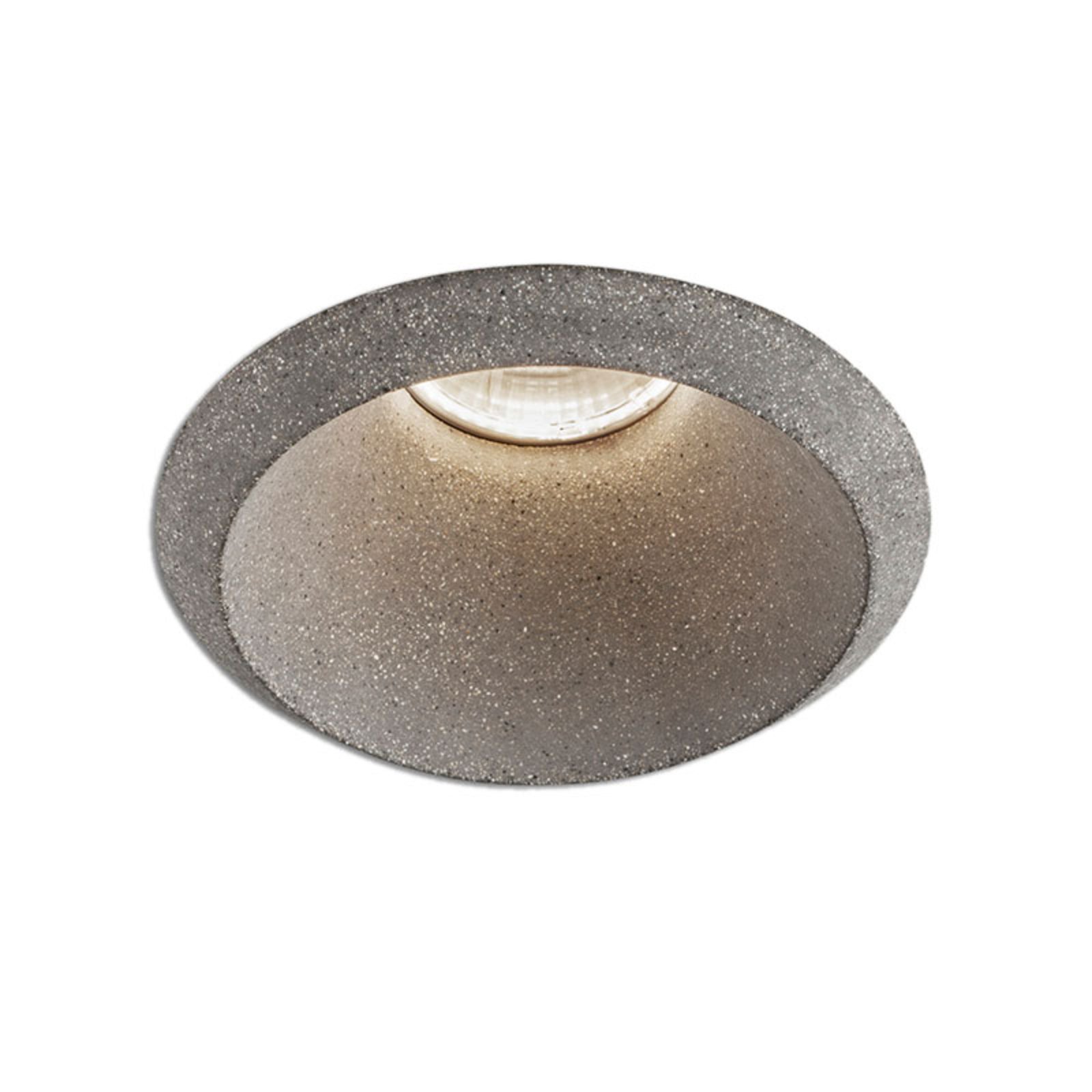- 50 days free returns
- Flexible payment options
- The UK's largest selection of brands
Extra 10% off over £89 & 13% off over £139 & 16% off over £199
Bathroom Ceiling Lights - Laying Solid Foundations for Bathroom Lighting
Every room needs a good ceiling light and bathrooms are no exception. In fact, a bathroom ceiling light can shape the whole lighting concept of the room, which is made up of the additional light sources such as bathroom lamps and mirror lights that are essential for our morning and evening routines.
What needs to be considered when installing bathroom ceiling lights?
In short, your safety. If not careful, the combination of electricity and water can result in life-threatening situations.
We strongly advise that you have your bathroom ceiling lights installed by a trained electrician. This electrician will be able to ensure that you’ve chosen the right light optimally protected against moisture (see below) and will create a clean, fault-free connection so that you can enjoy your new bathroom light without the stress.
:format(jpeg))
:format(jpeg))
:format(jpeg))
Which IP codes are required for bathroom ceiling lights?
The electrician who installs your bathroom ceiling light or any other bathroom light will be familiar with the safety regulations laid out in DIN VDE 0100 Part 701. This regulation contains detailed information relating to safety in a damp room.
To regulate this, the bathroom is divided into protection zones. The bathtub is in Zone 0. Surrounding this is Zone 1, which can get wet while showering due to splashing water. After this are Zone 2 and 3. Although the final zone is quite far away from any sources of moisture, lights installed here can still get damp due to steam, for example.
Each zone requires a special IP code for each light. But that’s not all. Operating voltage is also a deciding factor in whether a light can be installed.
Protection zone 0: Only lights with a safe low voltage of up to 12 volts and an IP code of at least IPX7 may be used in shower trays or bathtubs.
Protection zone 1: Only lights with a safe low voltage of up to 12 volts may be used within a vertical limit of up to 2.25m from the bath or showers. They must be protected against spraying water, i.e. at least IPX5.
Protection zone 2: Only lights with IPX4 or higher may be used within a 60cm area adjacent to protection zone 1.
In addition,
Transformers may not be used in protection zones 0 or 1.
Sockets and switches must not be installed in protection zones 0, 1, or 2.
If you still have questions, please don’t hesitate to get in touch. Your safety is our primary concern. You can find our contact information below.
Are there any dimmable bathroom ceiling lights available?
Absolutely; however there are safety regulations to consider when dealing with the bathroom, which tend to make things more difficult. Therefore, we recommend installing lights that use EasyDim technology as these lights have a built-in dimming function and that don’t require an external dimmer.
This technology either comes built in to the lamp or you can fit an EasyDim light bulb into the bathroom ceiling light you already own.
Once installed, you can dim the lights by double-pressing the normal light switch and when you've found the right brightness for your relaxing bath, you can stop pressing - it’s as easy as that!
EasyDim is actually a type of LED light, which means you can enjoy all the benefits of this technology:
Long service life – No need to frequently replacing bulbs.
Immediate 100% brightness – No more waiting for your bathroom light to warm up on a busy morning.
Save energy and money – all at the same time and without compromising on light quality.
Fantastic light quality – especially in terms of colour temperature, colour rendering and lighting.
Quick and easy retrofitting – Do you have a ceiling light with a socket? Simply screw in an LED bulb.
:format(jpeg))
Are there any designer bathroom ceiling lights?
:format(jpeg))
Bathrooms don’t offer designers much room to play around with – however we at Lights.co.uk do stock some designer bathroom ceiling lights, including Northern with their IP44 light Over Me or Mantra with their cloud-like EOS.
For an overview of all our designer bathroom ceiling lights, click here.
Are downlights a good alternative to bathroom ceiling lights?
Yes – and a popular one at that! Downlights ensure that your bathroom always looks clean and tidy. When installed in the right places, these recessed spotlights can also make your bathroom appear much brighter. It’s also possible to use bathroom spotlights.
Needless to say, the safety regulations apply in equal measure to downlights. Make sure to contact your electrician to arrange the installation. Please keep in mind - to install downlights, you’ll need a ceiling outlet with a cavity which provides a suspended ceiling that you can then drill a hole into. Finally, the light has to get connected and pushed into the hole.
Do you still have questions about bathroom ceiling lights or any other lighting needs? Please don’t hesitate to contact one of our specialists by calling 020 3514 3658 or filling out our contact form.
The strike-through prices correspond to the manufacturer's RRP.
All prices include 20% VAT, delivery costs excluded.









































